Some of our readers may be surprised to know that currently, there is no Iqaluit liquor store – nor is there a liquor store anywhere in the territory. However, a recent update to the liquor act means that, among other things, Nunavut can sell alcohol from a government-run retail location. To that effect, the Government of Nunavut (GN) held a public consultation on a possible beer and wine store in Iqaluit last night, drawing dozens of concerned citizens, politicians, reporters, and of course, us.
The Situation
Nunavut communities fall under one of three liquor access statuses: Prohibited (no alcohol), Restricted with Approval (individual approval can be sought from hamlet Alcohol Education Committee), or Unrestricted (can purchase beer and wine). Iqaluit falls into the latter category, meaning Iqalummiut can buy alcohol at bars, order from the liquor warehouse in Rankin Inlet, or import booze (with a permit) from outside of Nunavut.
So what’s the reason for all these restrictions? In short, it’s because Nunavut seems to display disproportionately high rates of alcohol-related health and social problems, including domestic violence, fetal alcohol spectrum disorder, and suicide. Iqaluit had a liquor store back in the 1970s; residents demanded its closure after the community suffered from the results of heavy binge-drinking.
If that’s what happened the last time Iqaluit allowed retail sales of alcohol, why even consider doing it again? Well, for one thing, Iqaluit has changed immensely since the 1970s. But the GN has two pressing goals in mind: encouraging responsible use and stopping bootleggers. From their presentation last night, the territorial government is proposing the opening of a beer and wine store because:
- It was recommended by the Liquor Task Force (a group that did community consultations on alcohol use in Nunavut), we need to halt the harm caused by alcohol.
- It will disrupt the bootlegging industry by offering a source of beer and wine.
- If we don’t offer people a choice, we cannot successfully encourage responsible use of alcohol.
In summary, the GN is hypothesizing that by liberalizing access to beer and wine, Iqalummiut will be less likely to purchase very expensive bottles of hard liquor from bootleggers, and through education efforts, will develop or maintain responsible drinking behaviours. The GN has proposed the opening of a liquor store in Iqaluit as a pilot project for one year, during which they will work with the City of Iqaluit and the RCMP to monitor, manage, and measure the impact on crime, health, and society as a whole. But before the GN decides to start this pilot project, they are requesting input and support from the community, hence last night’s event.
The Feedback

Deputy Minister of Finance Chris D’Arcy stands and listens to comments. In the background are the translator booths; the evening was simultaneously translated into English, French, and Inuktitut.
The GN’s Deputy Minister of Finance, Chris D’Arcy, gave a short presentation on the government’s rationale in favour of opening a liquor store, after which he opened the floor for comments. What followed was an outpouring of grief, confessions, accusations, and sadly, hopelessness and despair. Below, we have summarized some of the major arguments in favour of and against opening an Iqaluit liquor store. The speakers were a mix of Elders, recovered and current alcoholics, politicians, former RCMP officers, faith leaders, and community members. We must stress that overwhelmingly, those who took to the mic at this consultation were categorically against a liquor store in the capital or anywhere across the territory.
Against Opening an Iqaluit Liquor Store
More alcohol access will lead to more negative social outcomes. The link between alcohol use and crime was reiterated again and again, with people expressing fears of increased levels of violence, abuse, and death.
Alcohol is already easily available in Iqaluit. As an unrestricted community, Iqaluit has more than a handful of licensed establishments where people can freely purchase beer, wine, and spirits. We can also order liquor from the warehouse or through sealift, or bring bottles back in our suitcases. Do we really need a retail store?
An Iqaluit liquor store will not have any impact on bootleggers. Bootleggers will still serve people who seek hard liquor. Some even expressed concern that the bootlegging industry will begin targeting younger and younger Iqalummiut, to make up for any minor loss in sales. Rather than open a liquor store in Iqaluit, many suggested that there should be more crack down on bootleggers directly.
The GN’s approach and efforts are not satisfactory thus far. Person after person commented on the inadequacy of the venue, which could not accommodate the number of people who wanted to participate in the discussion. Others took issue with the GN-issued survey, which they found confusing, written as though the decision to open a store had been made. Lastly, many criticized the government for failing to hold a meeting with Elders first, before holding a public consultation. Over and over we heard a call for a referendum on the topic.
Nunavut has so many social and infrastructure needs that should take priority. Education, mental health and healing, drug and alcohol treatment centres, homelessness, food insecurity, and poverty were all listed as key issues. That many of these factors are at the root cause of alcoholism in the territory had many questioning the GN’s priorities in opening an alcohol store before setting aside the funds and space needed for a rehabilitation centre. “What are we going to do to help those who need help?” asked a commenter.
Alcohol use has devastated so many within our communities. We heard passionate testimonies from people who have been affected by alcohol and addictions. Said Reverend Mike Gardener, “The old graveyard would not have been half as full…if we had no alcohol.” Coupled with the loss of Inuit cultural identity associated with the introduction of alcohol, many in the room were not interested in finding ways to make it easier to find liquor. Said one speaker, “Have you seen anything good come from alcohol?”
In Favour of Opening an Iqaluit Liquor Store
It is possible to consume alcohol in a responsible manner. And Iqaluit needs more examples of that fact if we want our future generations to use alcohol in controlled, healthy ways. As Janet Brewster said, “Denying people the opportunity to make healthy choices and model healthy choices doesn’t make sense to me.”
Drinking beer or wine is less harmful than hard liquor. Making it easier to purchase these low-percentage beverages may curb people from wanting to splurge and binge on stronger spirits. According to researchers, hard liquor causes greater alcohol abuse and resulting anti-social behaviours.
Limiting access is paternalistic and it doesn’t work. The “do not touch” policy on alcohol has clearly not worked, as relayed by one speaker who stated that “the dry communities are probably wetter than the wet communities.” Prohibition has not curbed alcohol-related issues almost anywhere – let alone in Nunavut. Maybe it’s time to move forward with change.
The exact same liquor store set up has been implemented with success in similar jurisdictions. This argument was made less so in the room and more so via Twitter, where tweeps cited Greenland’s 20-year old decision to allow retail sales of liquor, as well as Nunavik’s beer and wine store.
Moving Forward
Despite the good information and stories that were shared last night, we were left with a few unanswered questions, namely:
Who really stands to benefit from the creation of a beer and wine store in Iqaluit? Sure, those who currently purchase alcohol legitimately will enjoy increased freedom as consumers. But the impetus for the pilot project is to reduce binge drinking and bootlegging; how will a beer and wine store (which will still have limits per day, mind you) do anything for those who are compelled, for whatever reason, to binge drink? What affect will it have on the bootleggers, who mostly hawk hard liquors anyway?
What can be done to combat bootlegging and drug trafficking directly? Bootlegging in the territory is clearly an issue that many feel strongly about, so how can we address the issue head on? What laws, tariffs, or training can be implemented that target dealers?
How can we explore this issue further while paying heed to the very real side effects of any decision? The GN’s intention is to open a pilot liquor store in Iqaluit that they will close “if there is an unacceptable increase in alcohol-related issues.” We must take into account, though, that those “unacceptable” issues are not mere metrics; they are real-life struggles, pain endured by families and individuals, irreparable harm to the health and well-being of our community members. Whether we open an Iqaluit liquor store or not, these “issues” are a reality for many, and they, the people and the issues, must be validated and respected across these conversations.
What do the young people think? The majority of those who came up to the mic last night were Elders or other adults, and the youth voice was noticeably unrepresented. Considering the deference that is shown to Elders in Inuit culture, it may have been difficult for under-30s to express dissent. A focus group approach to consultation could rectify this issue, by allowing people to speak in a safe space surrounded by their peers.
ETA: Grade 12 students from Inuksuk High wrote a letter-to-the-editor with their take on the beer and wine store debate. On the need for an alcohol and drug treatment facility in Nunavut, they stated, “As we are the future of Nunavut we would like to have more access to these services for the betterment of Nunavut.”
Final Words
As you can see, the evening’s four-hour open forum wasn’t for naught. Everyone who attended left with a better understanding of the proposal, the consequences, and the experiences of those affected, and that is a great first step. As a final statement, we would like to humbly thank every single person who chose to share their deeply personal stories. We expect many of their words will continue to provide context in the coming weeks’ discussions.
What do you think about the possibility of opening an Iqaluit liquor store? Let us know in the comments below, and don’t forget to check out the discussion on Facebook.

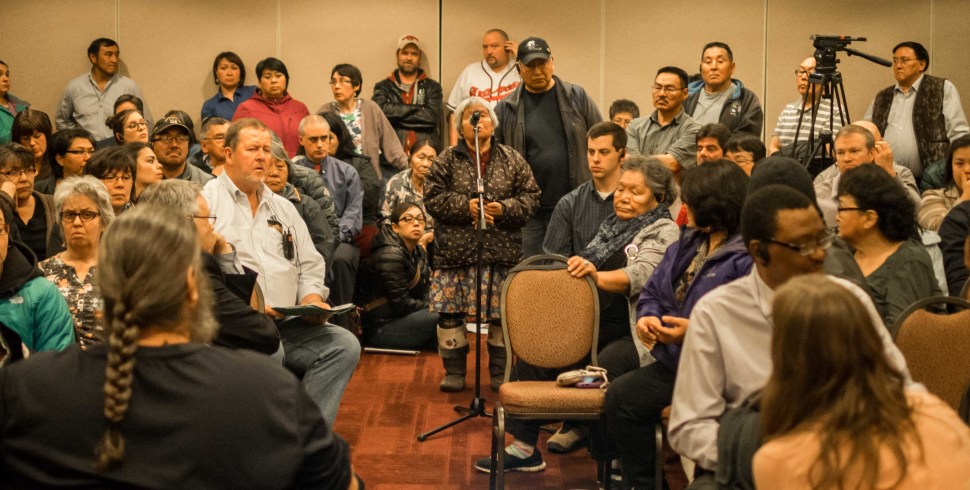




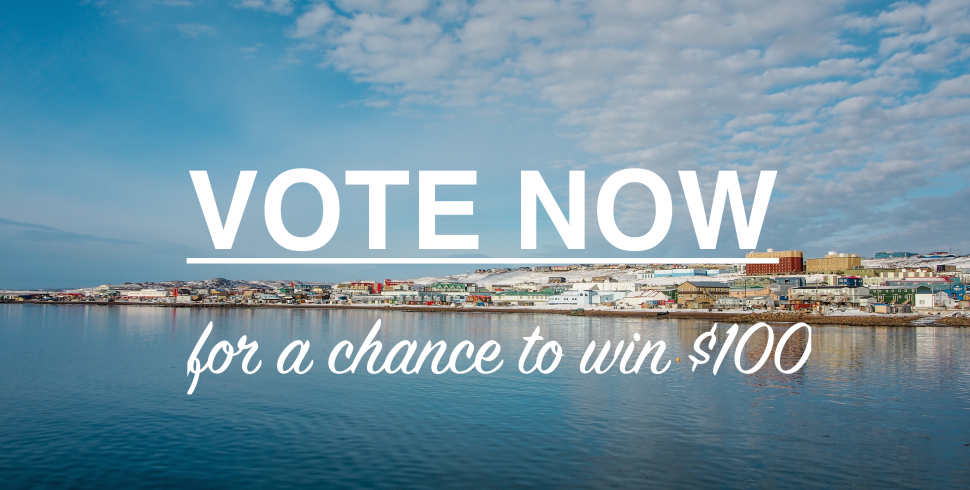

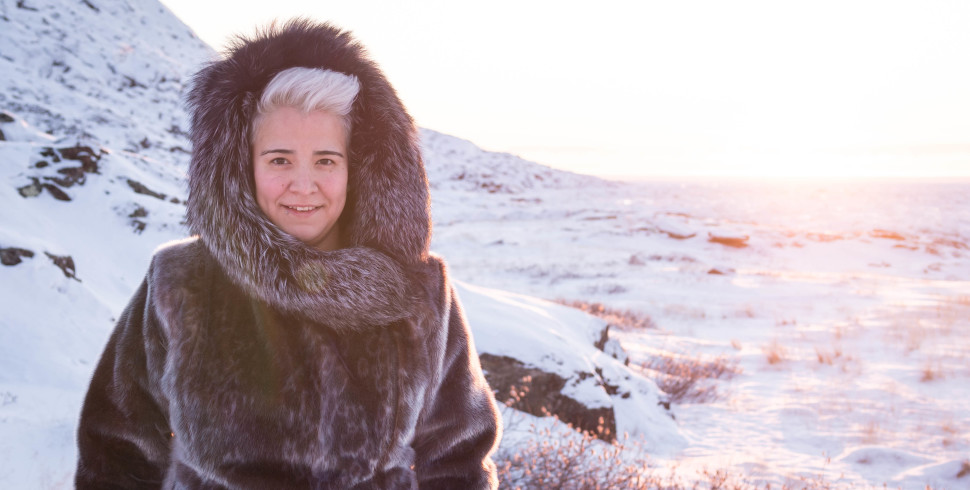
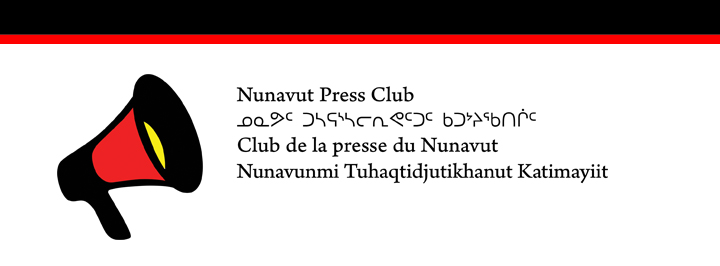
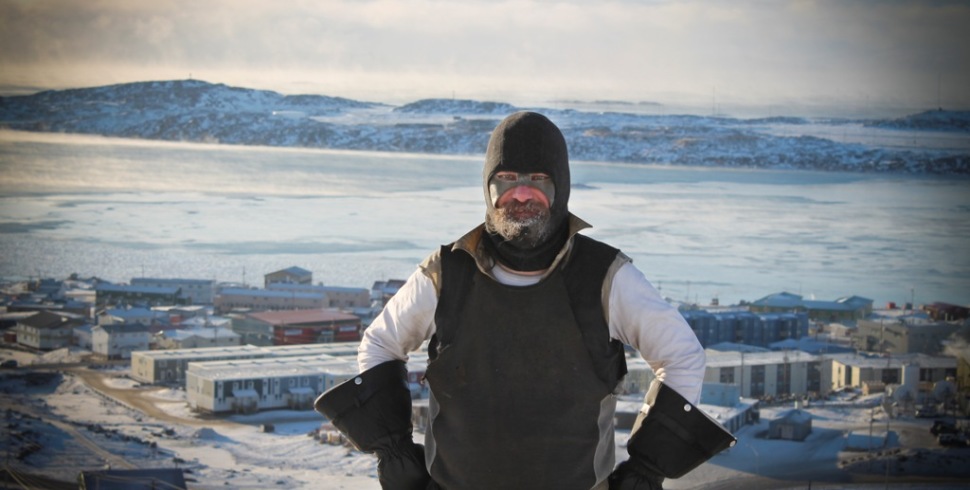
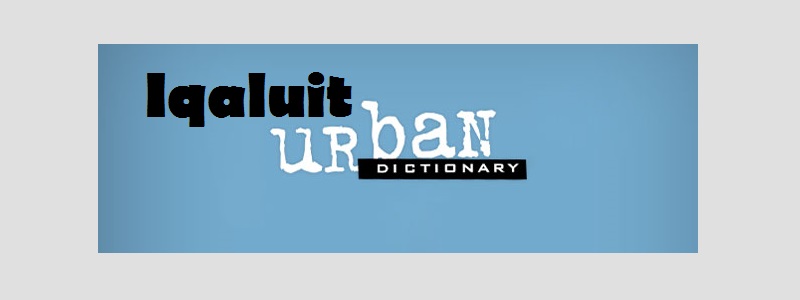
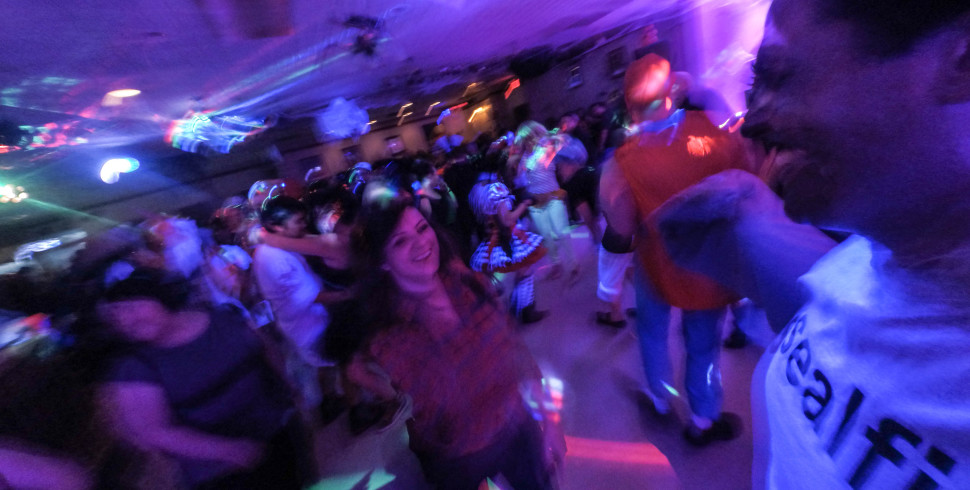
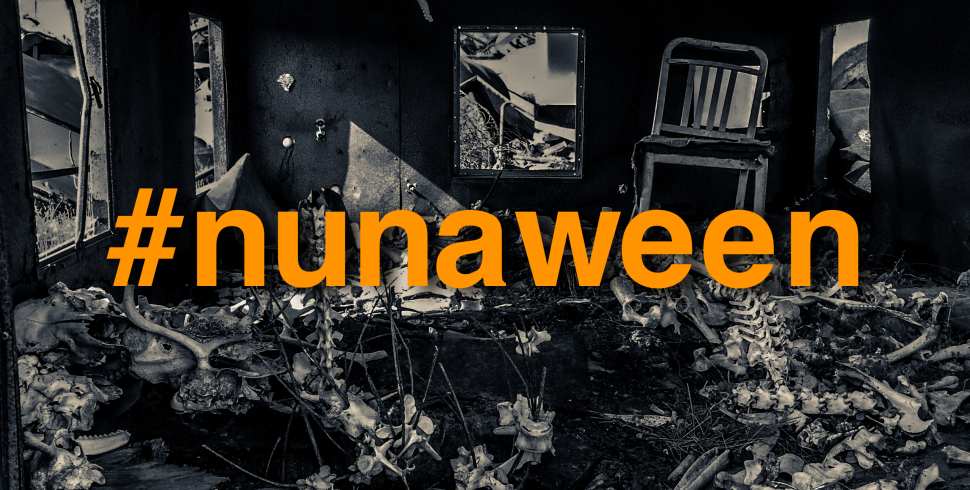
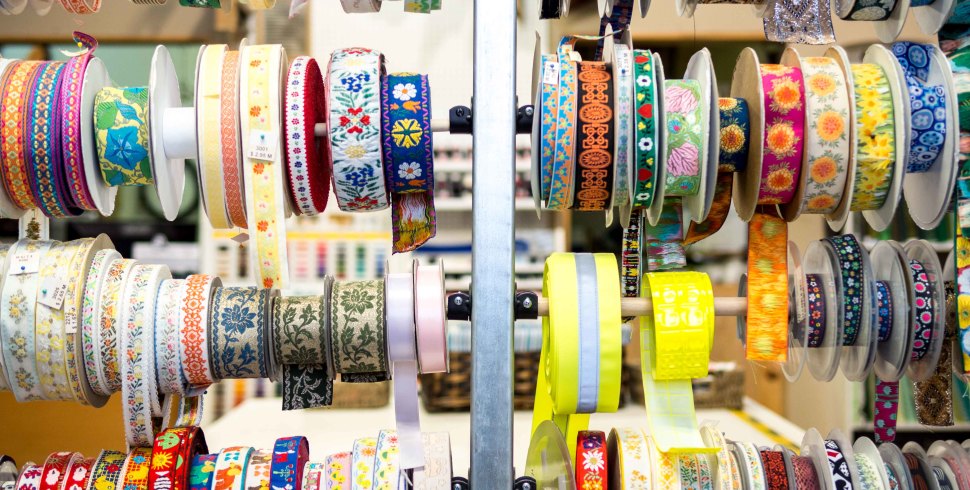
![[GUEST POST] How to Buy Alcohol in Iqaluit](http://findingtruenorth.ca/wp-content/uploads/2014/10/IMG_7936-970x490.jpg)
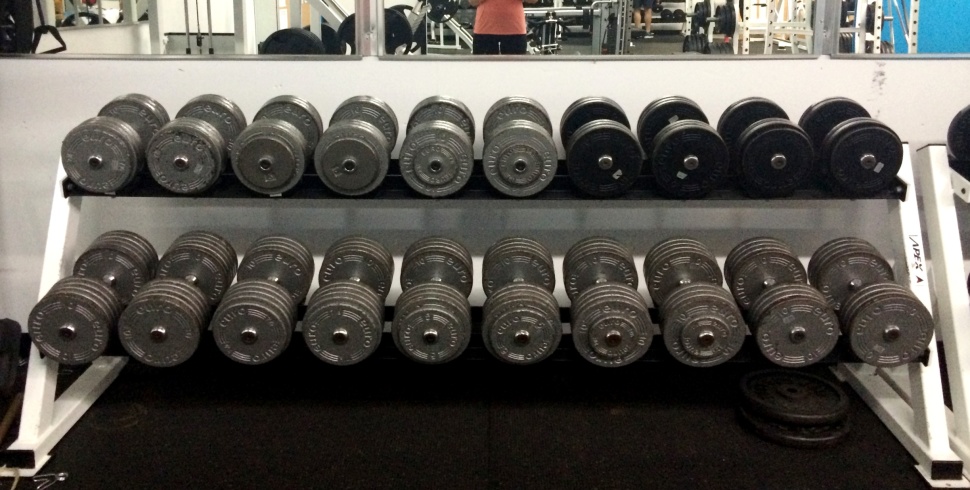

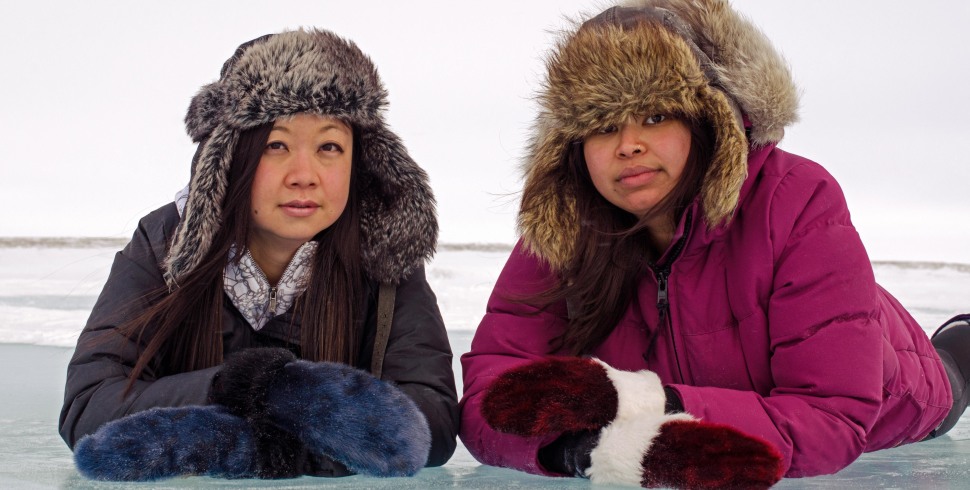
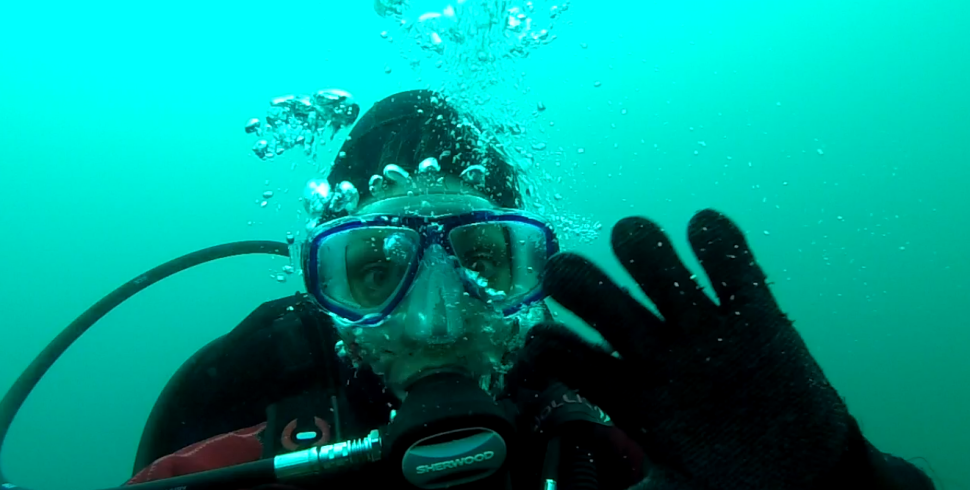
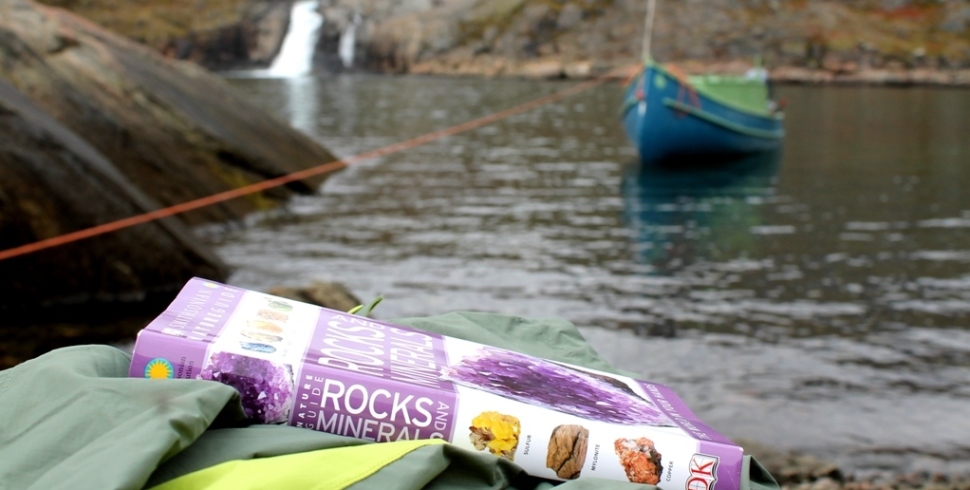
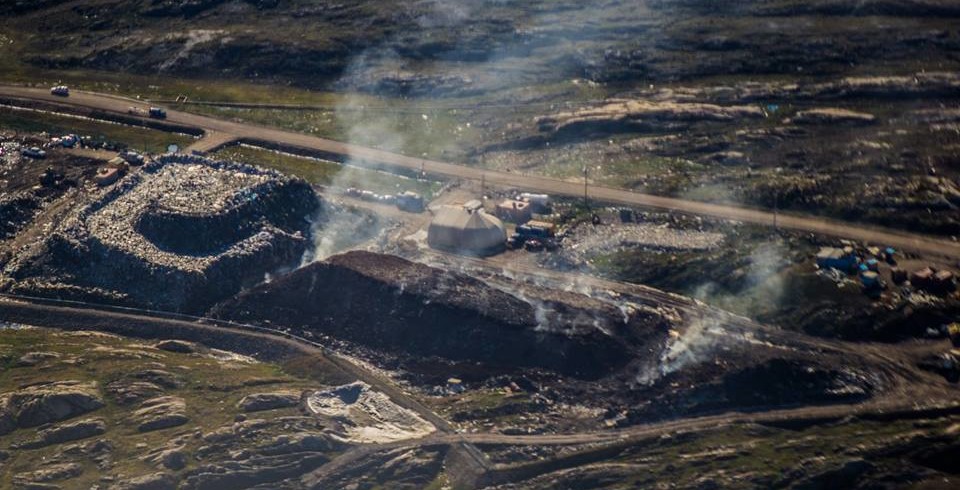


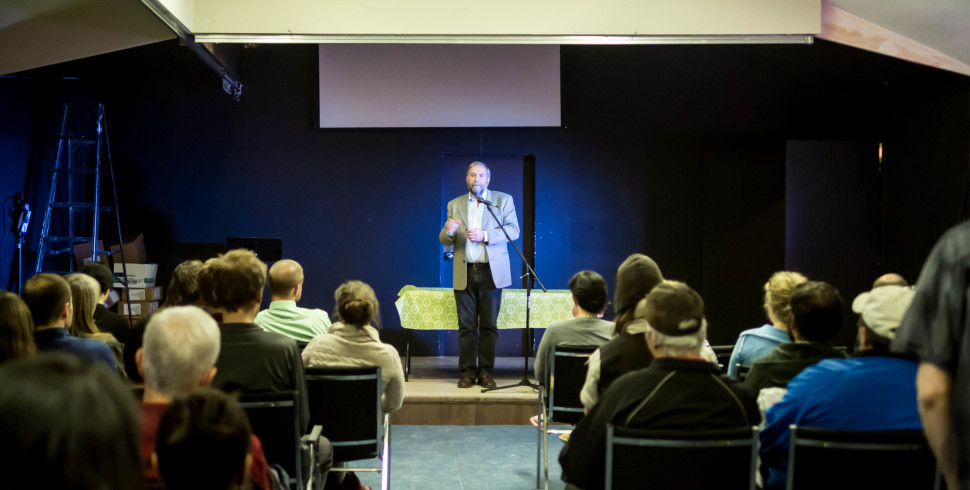

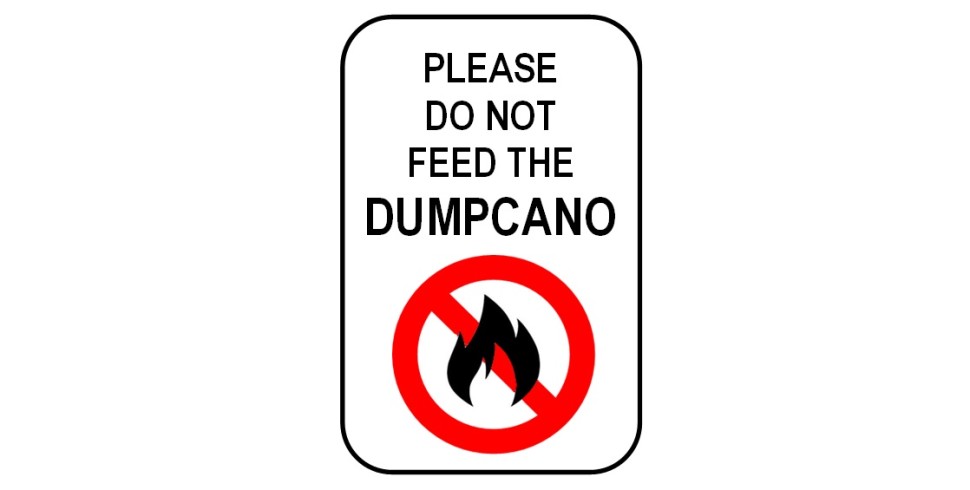
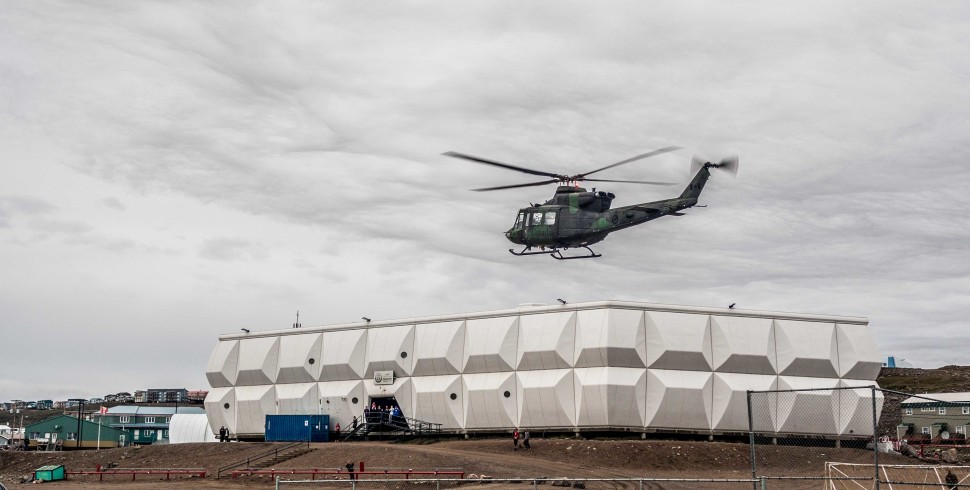
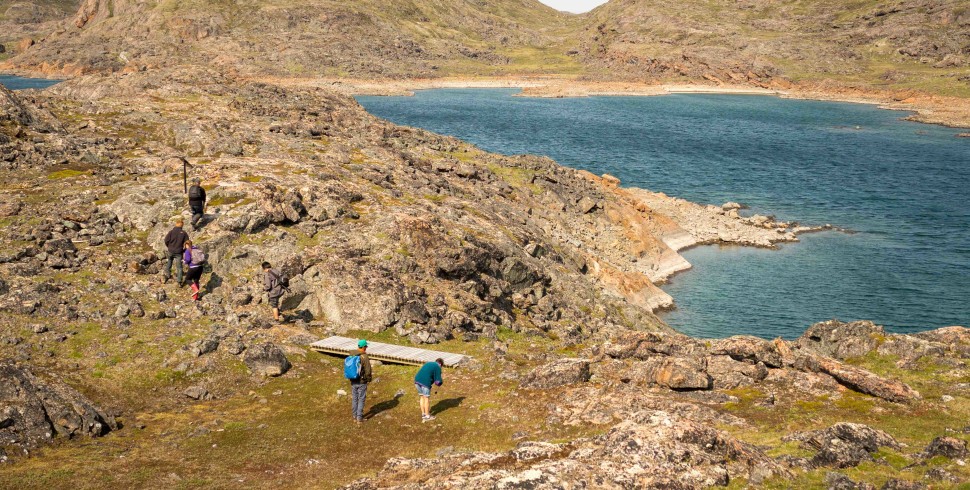

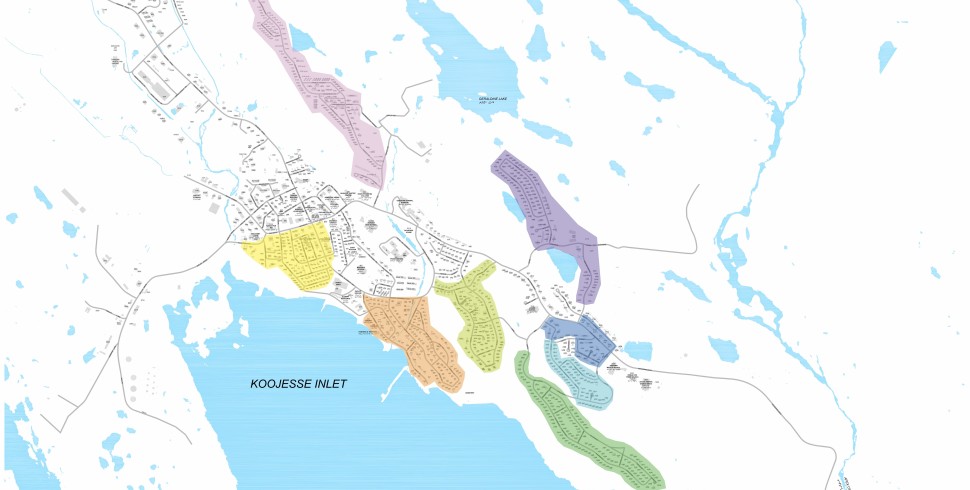
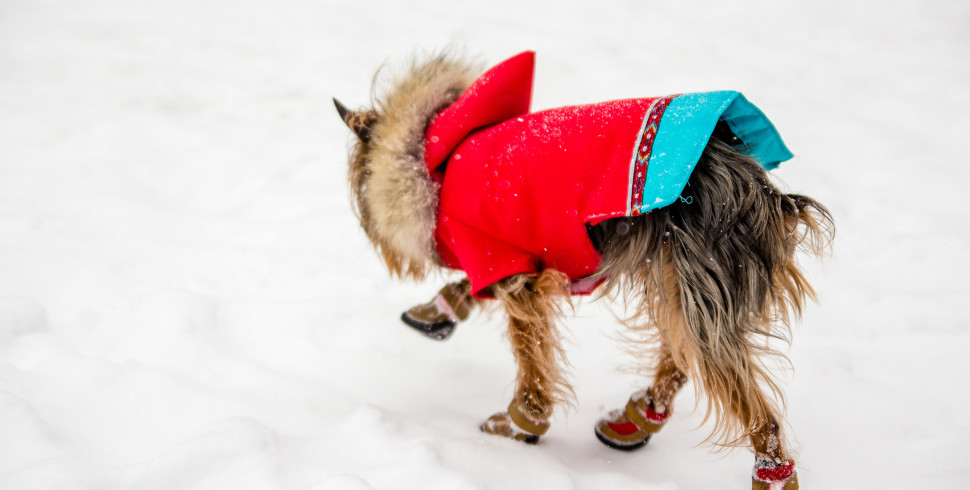
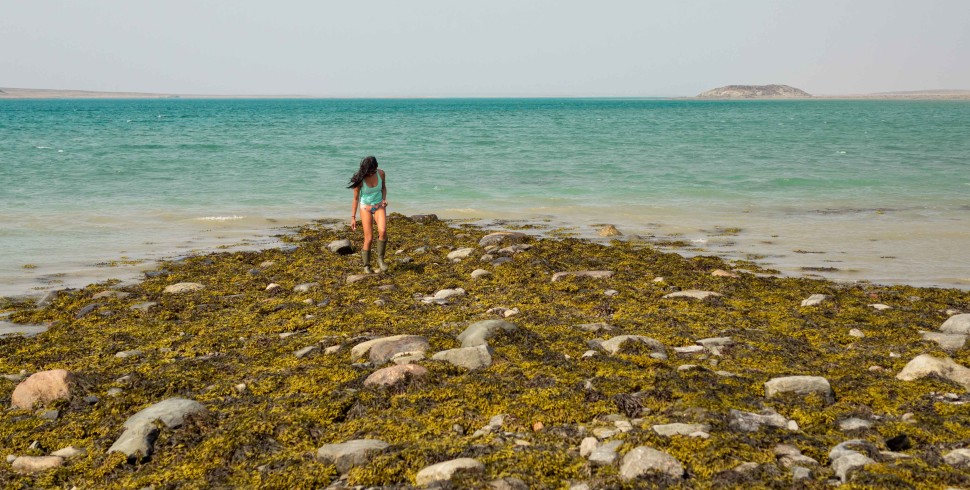
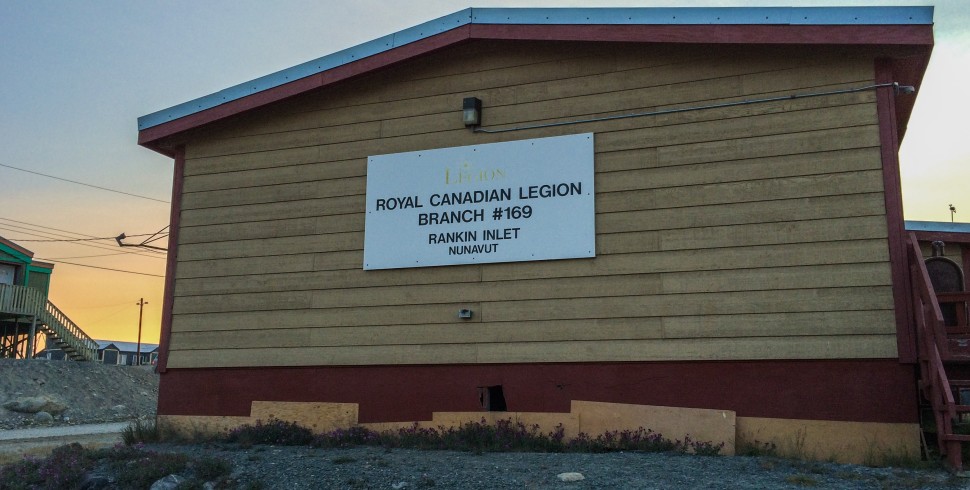
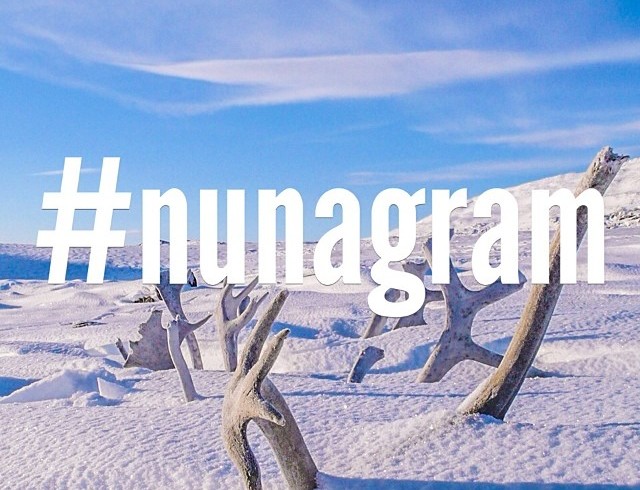
![[Guest Post] Iqaluit Community Greenhouse: Oasis in the Tundra](http://findingtruenorth.ca/wp-content/uploads/2014/07/375665_10151742048070379_1152923082_n-612x490.jpg)
![[GUEST POST] Absolute Car-nage: A Field Guide to the Bumpers of Iqaluit](http://findingtruenorth.ca/wp-content/uploads/2014/07/iqaluit-field-guide-970x490.jpg)
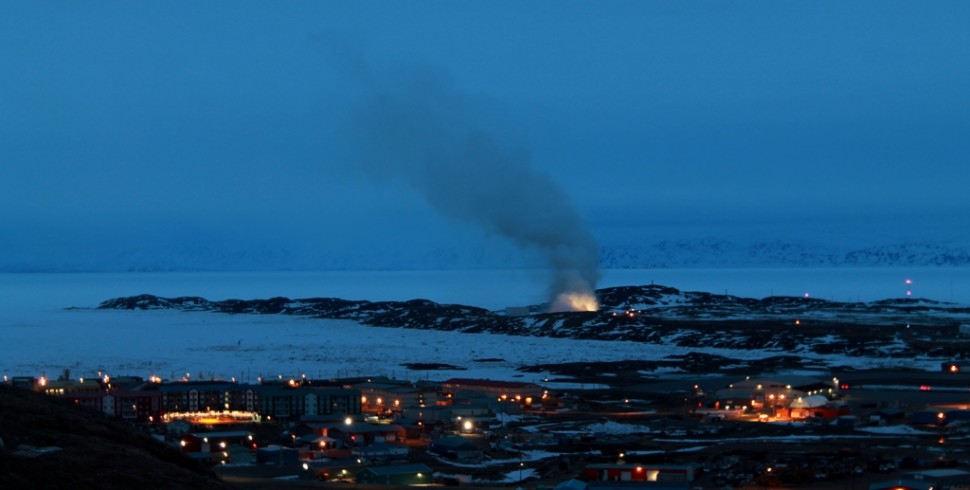
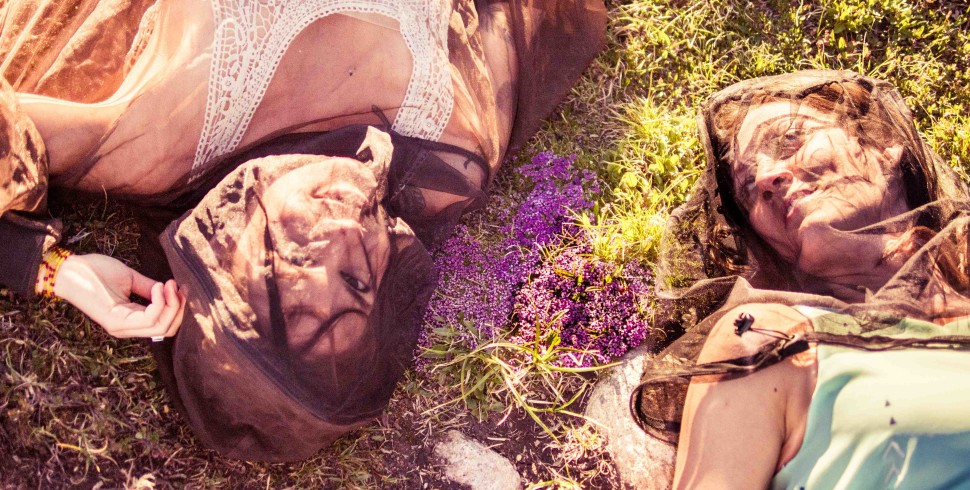
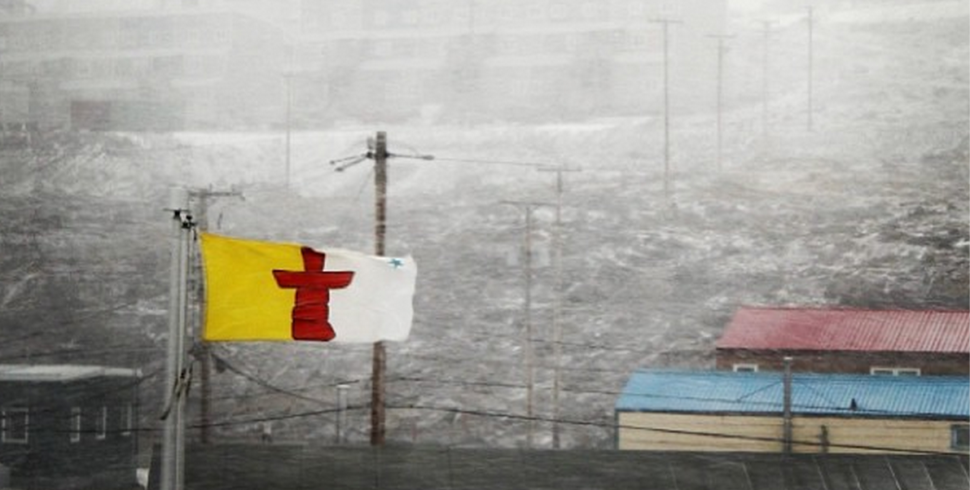
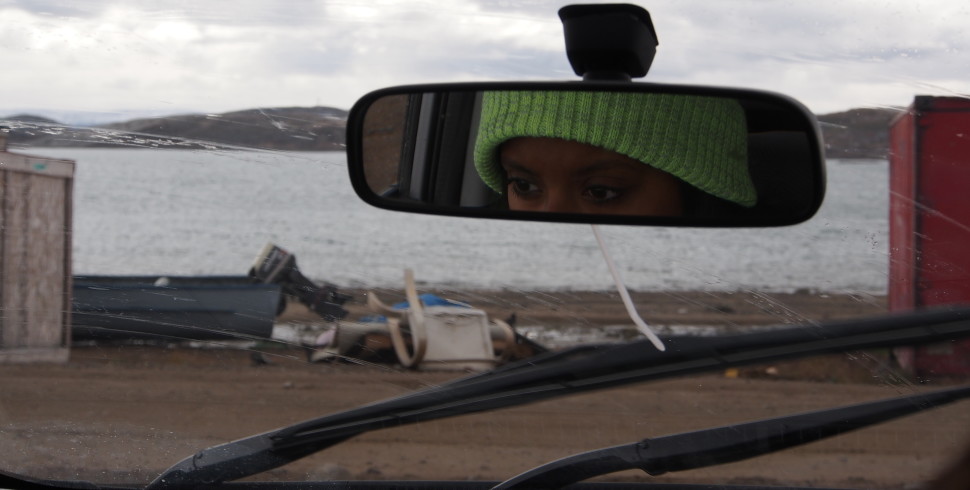
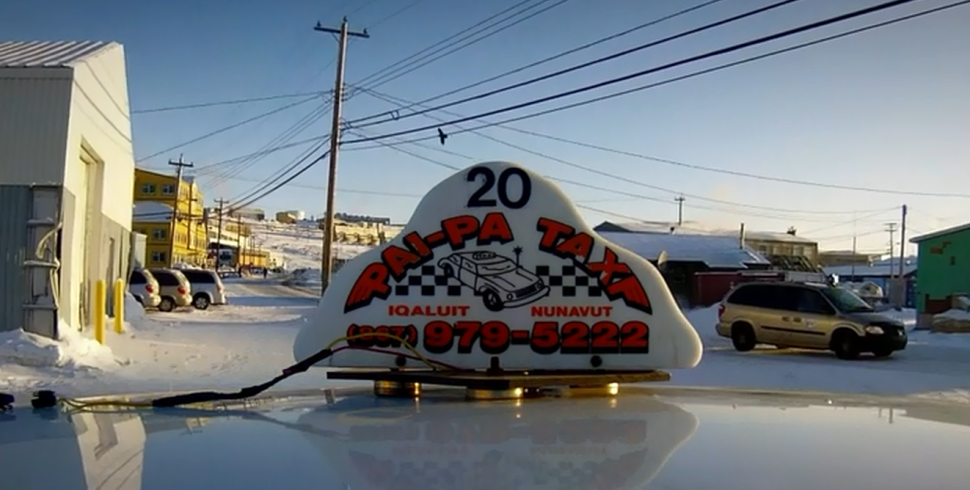

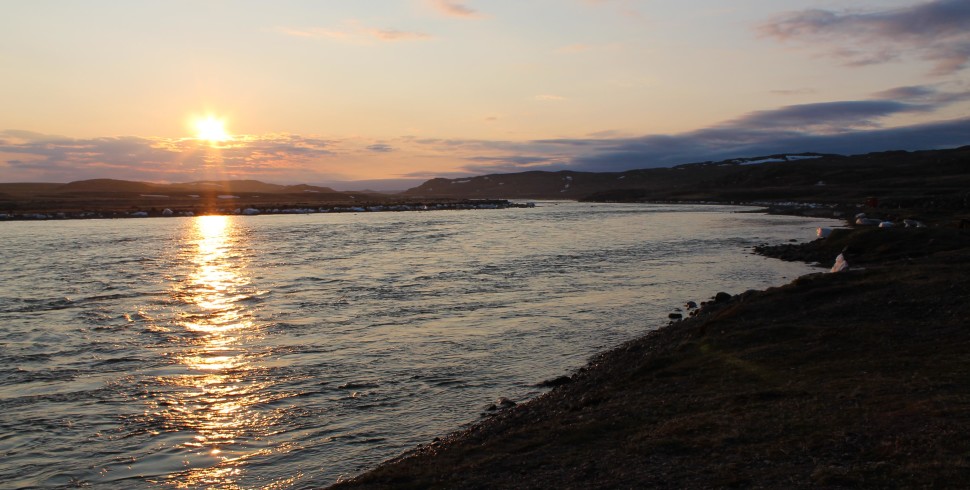
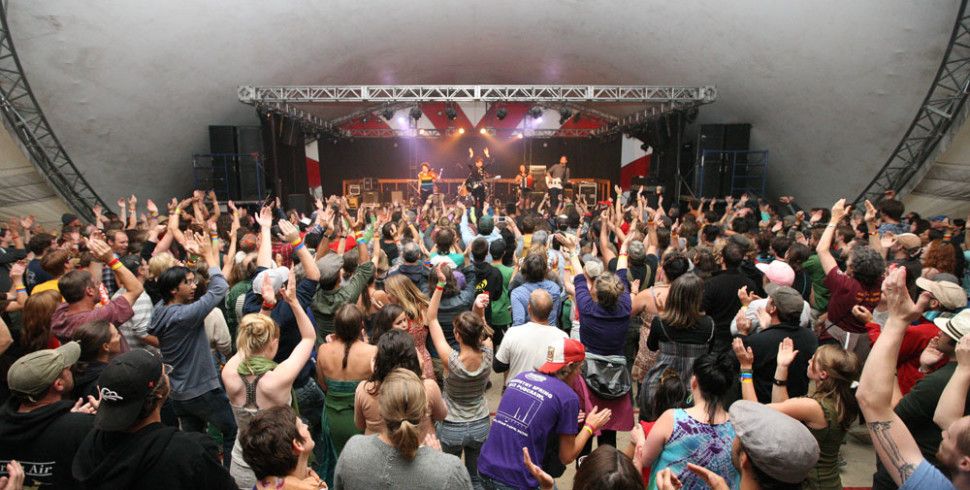
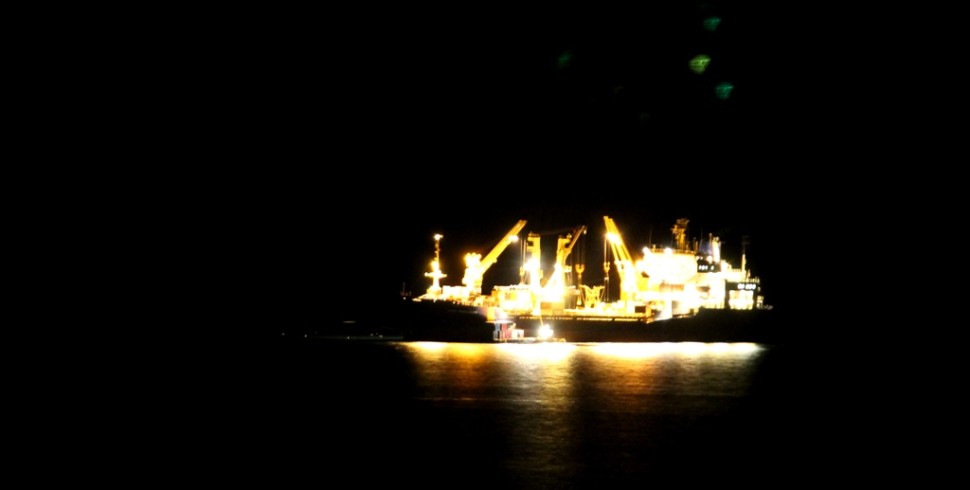
![[GUEST POST] How to Sealift to Iqaluit](http://findingtruenorth.ca/wp-content/uploads/2014/06/sealift-bay-970x490.jpg)
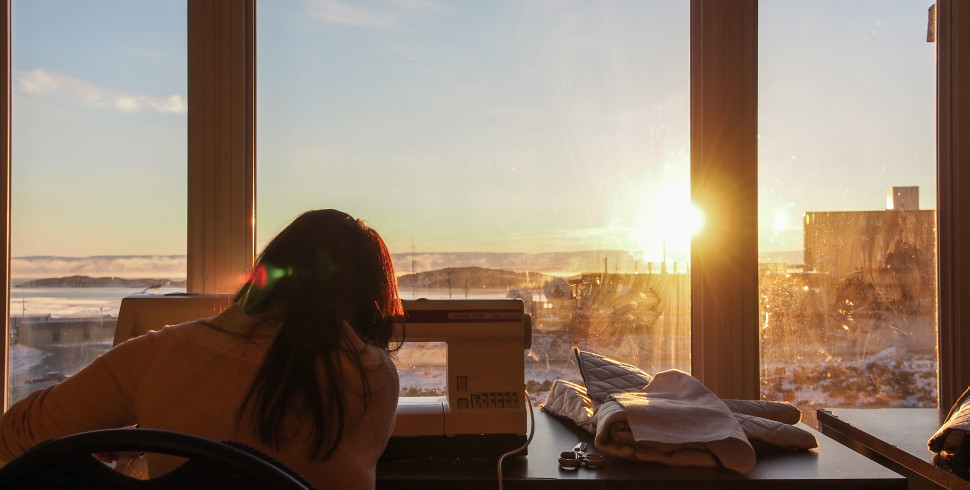
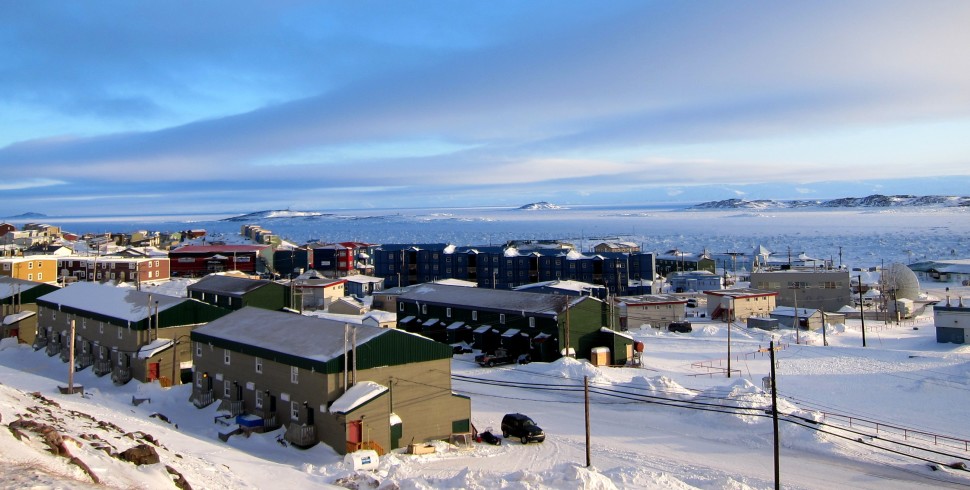
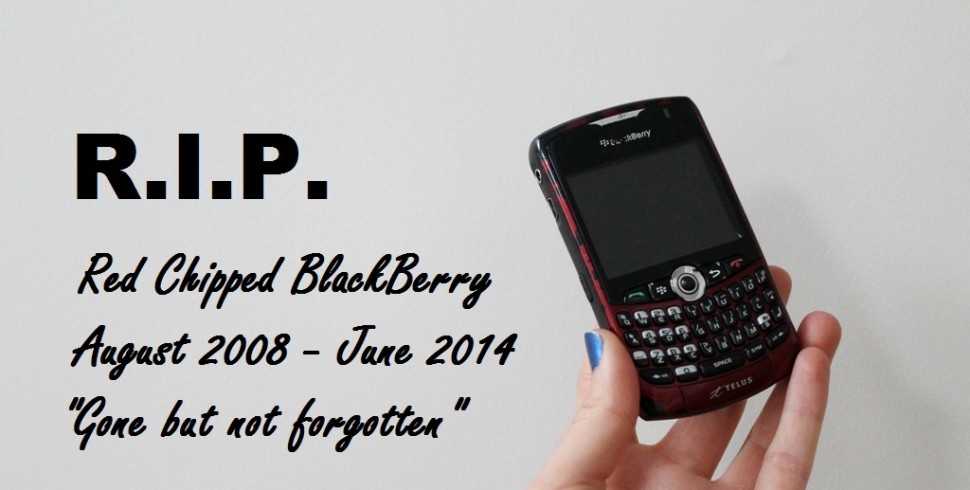
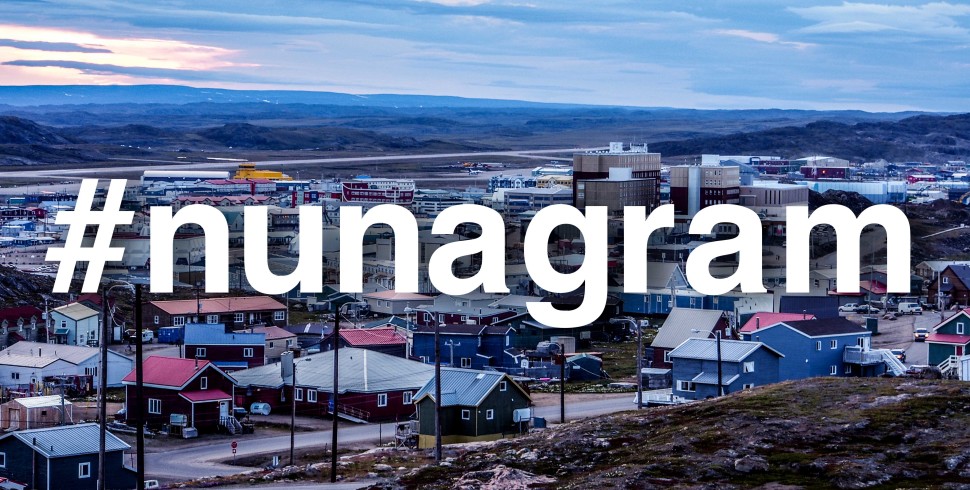
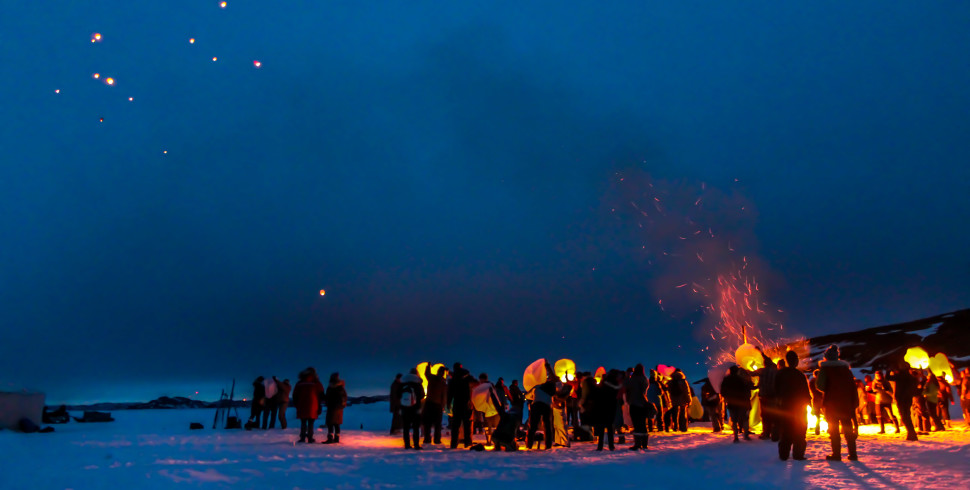
![[GUEST POST] Communications: Nunavut News Thursday, May 22, 2014 13:30](http://findingtruenorth.ca/wp-content/uploads/2014/05/DumpFire-970x490.jpg)
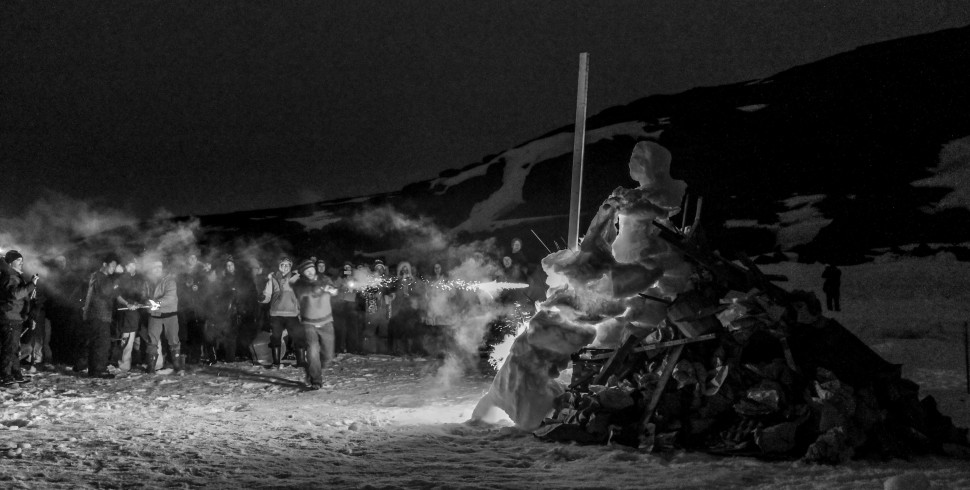
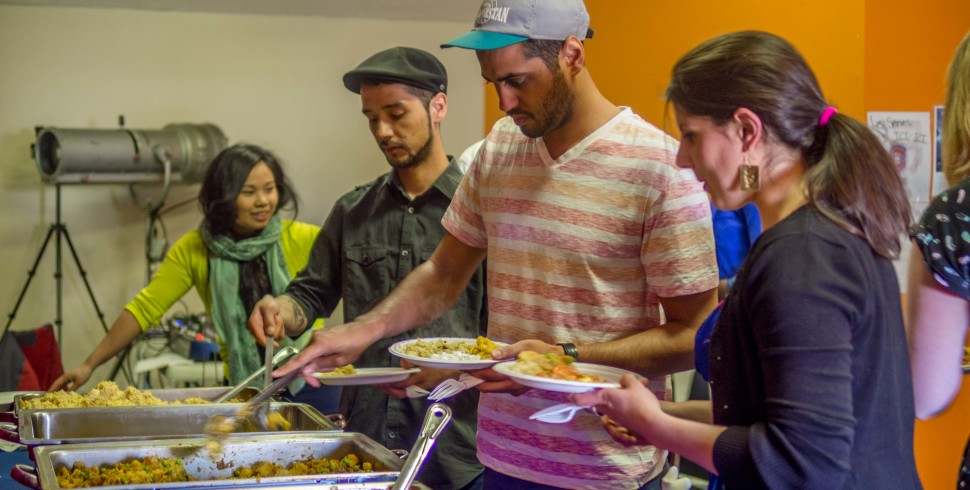
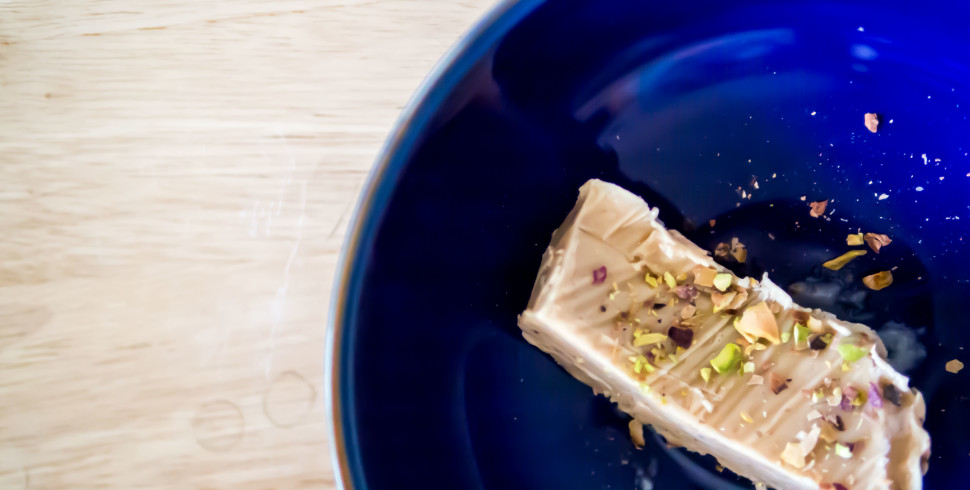
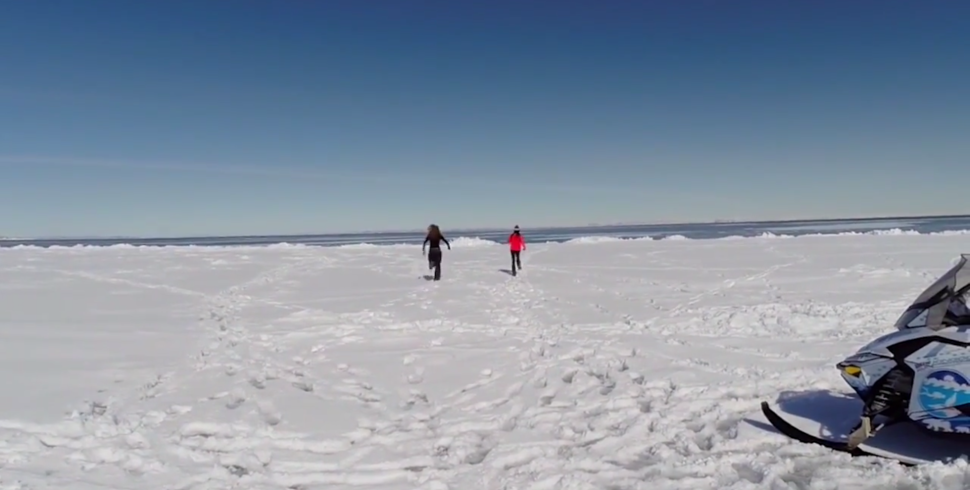
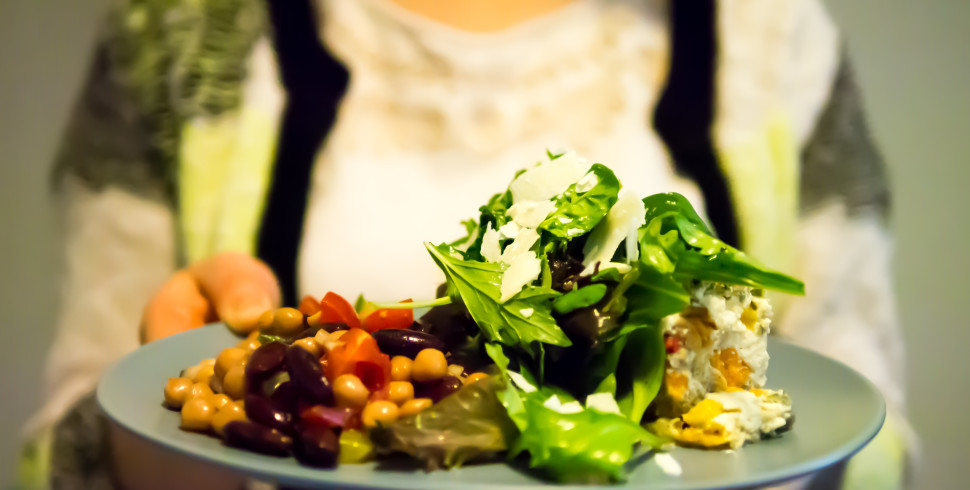
![[GUEST POST] Floppy Sock](http://findingtruenorth.ca/wp-content/uploads/2014/04/6-970x490.jpg)

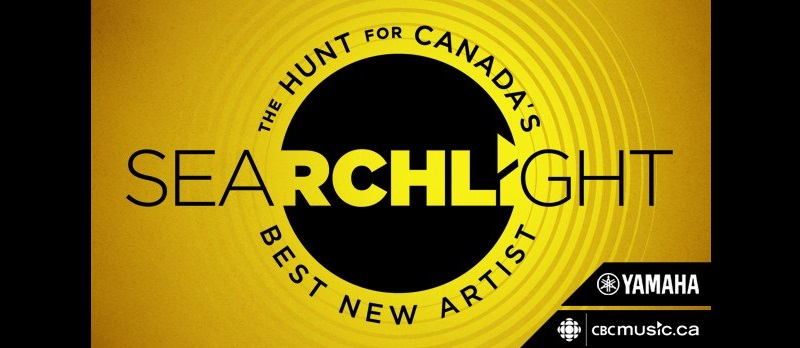

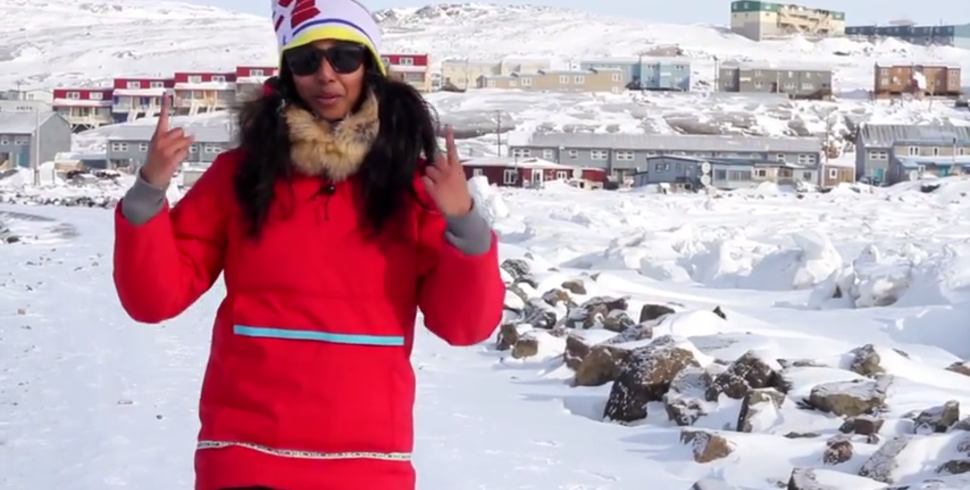
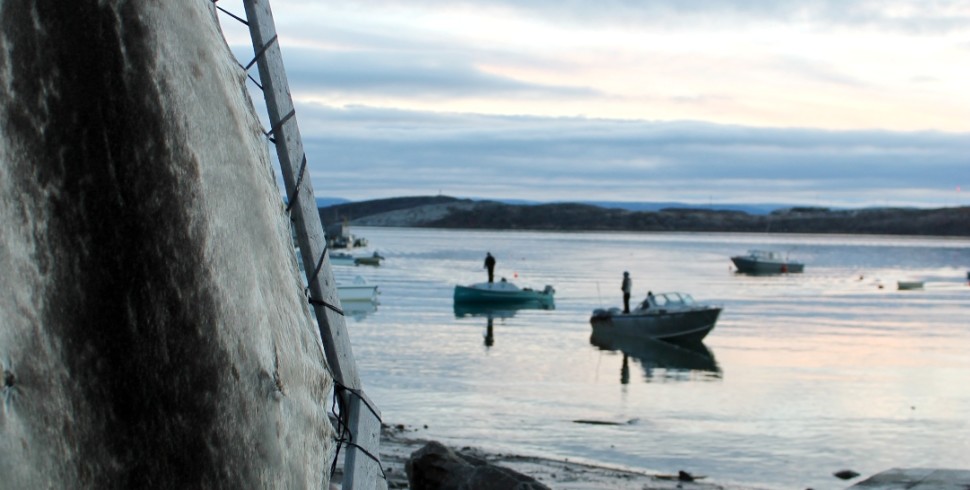
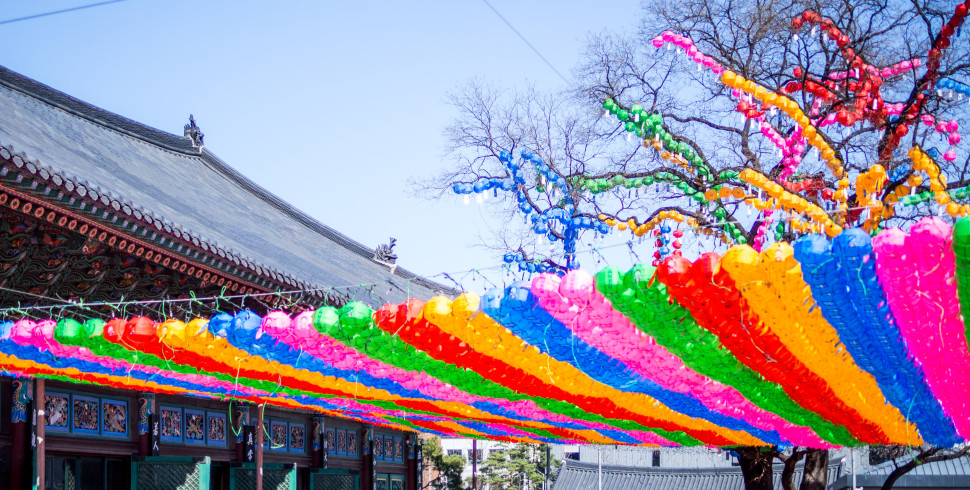

![[GUEST POST] Gustavo’s Guide to Aeroplan, Part Two: Booking a Reward Ticket](http://findingtruenorth.ca/wp-content/uploads/2014/03/plane-960x490.jpg)
![[GUEST POST] Aeroplan to Iqaluit, Part One: Choosing the Right Credit Card](http://findingtruenorth.ca/wp-content/uploads/2014/03/gustavo-ticket-2-970x490.jpg)
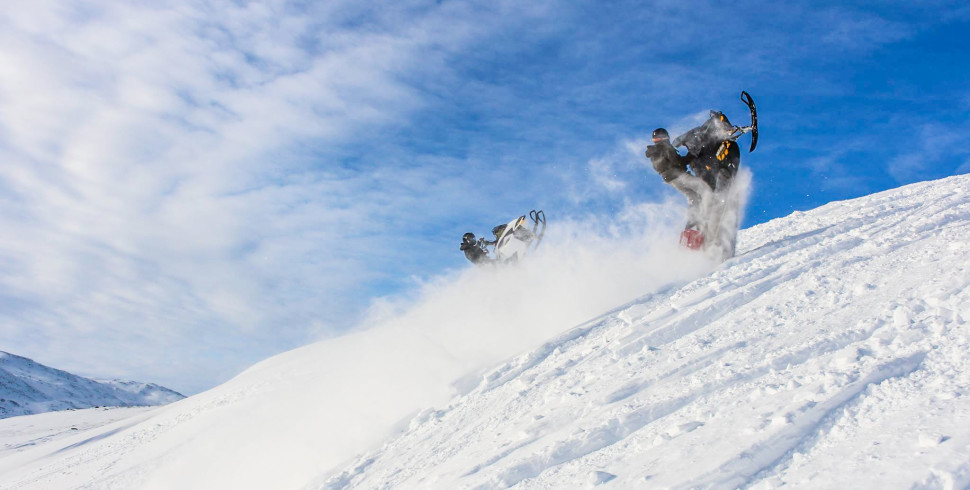
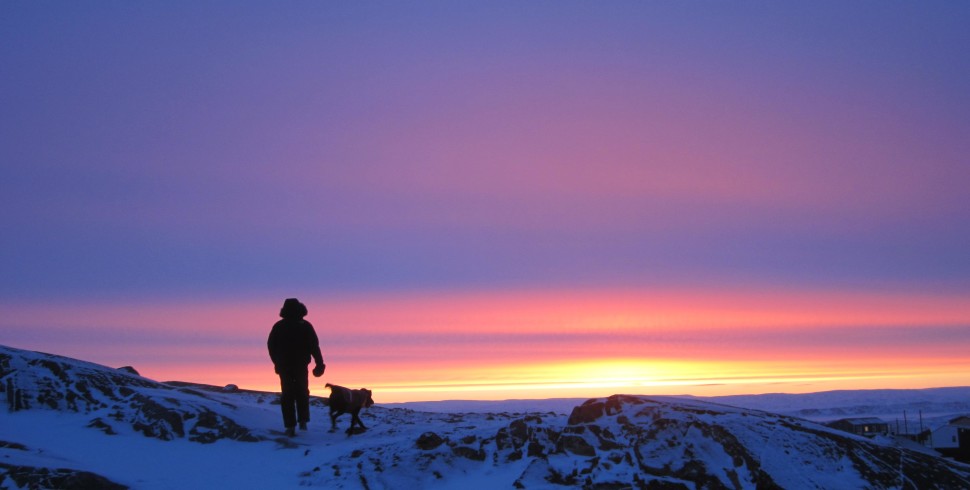
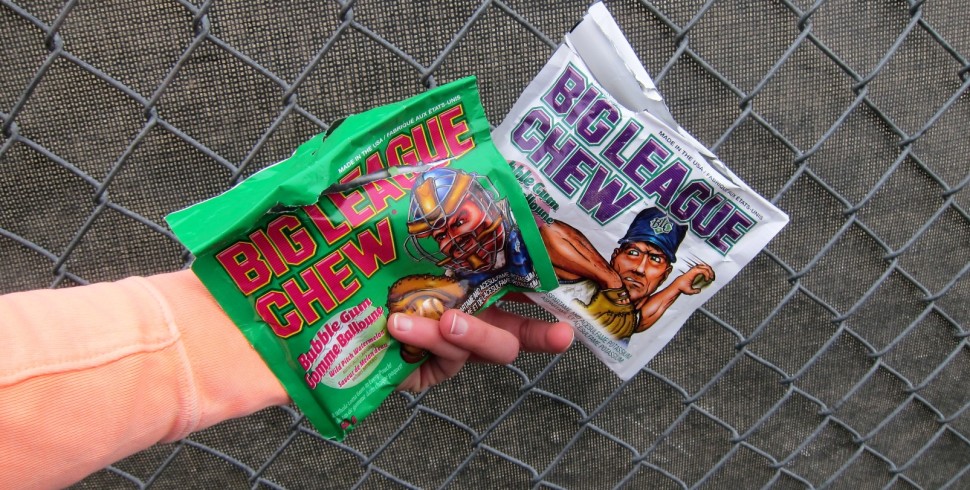
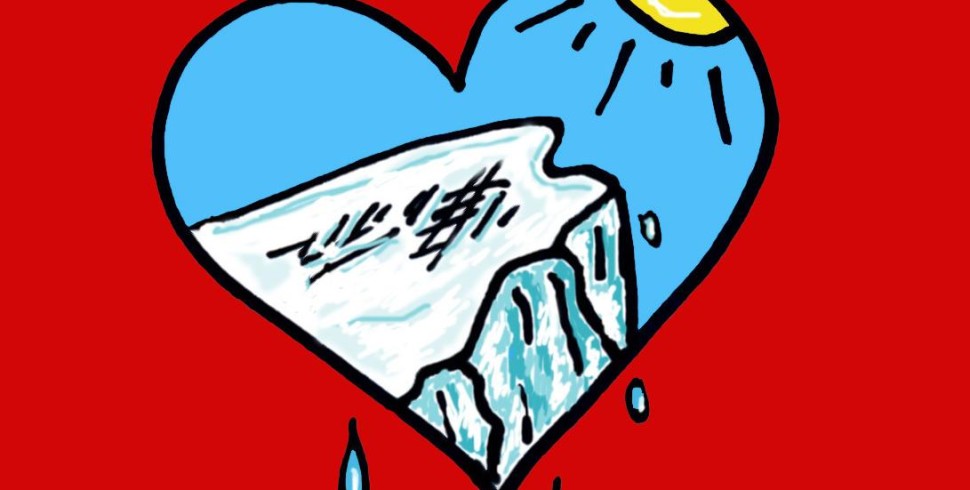
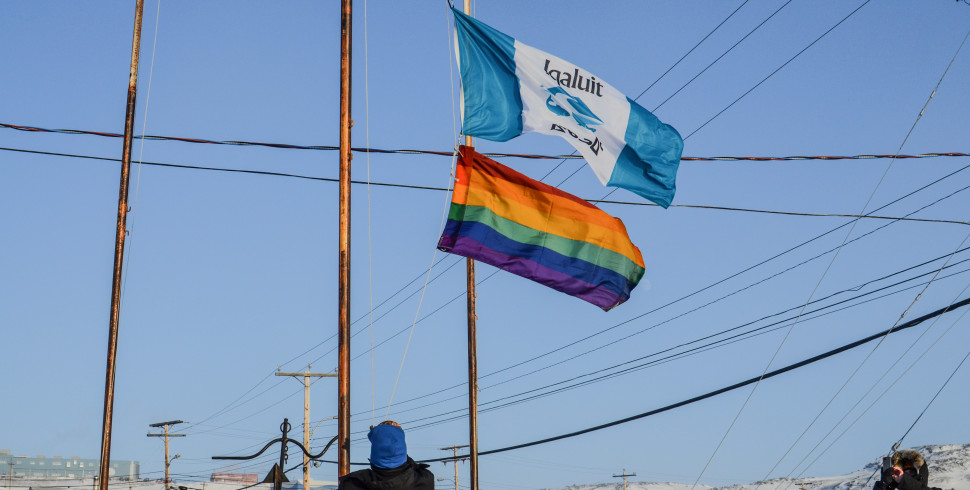
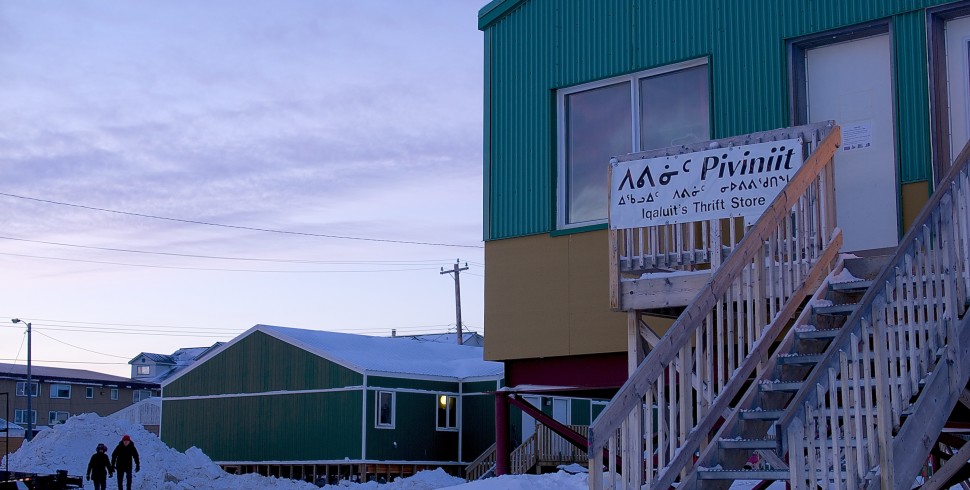
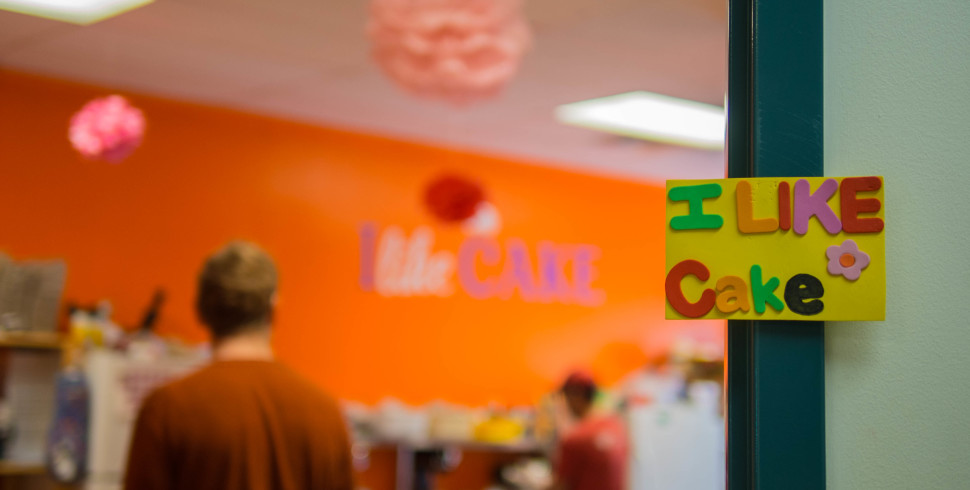
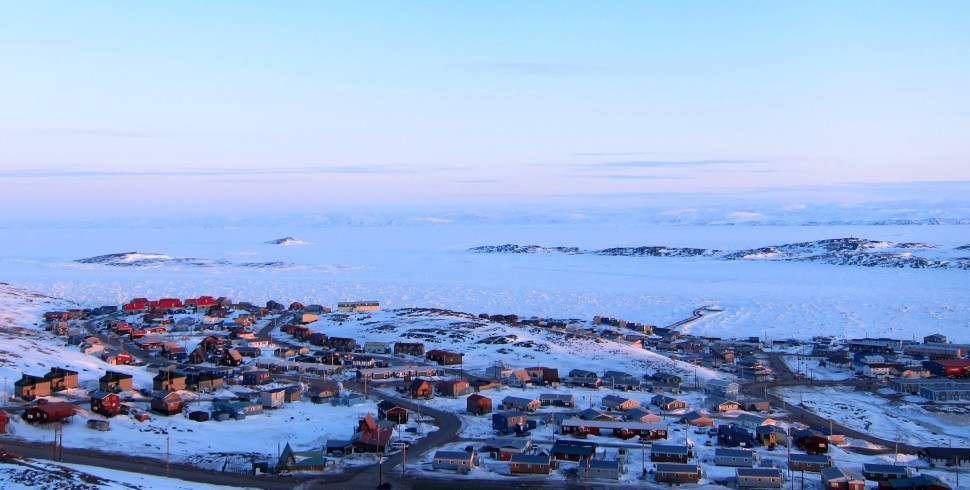
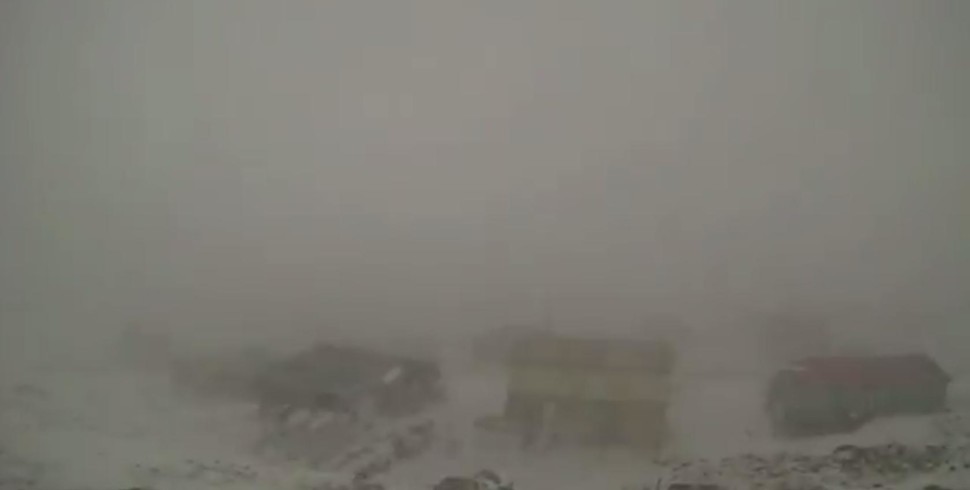
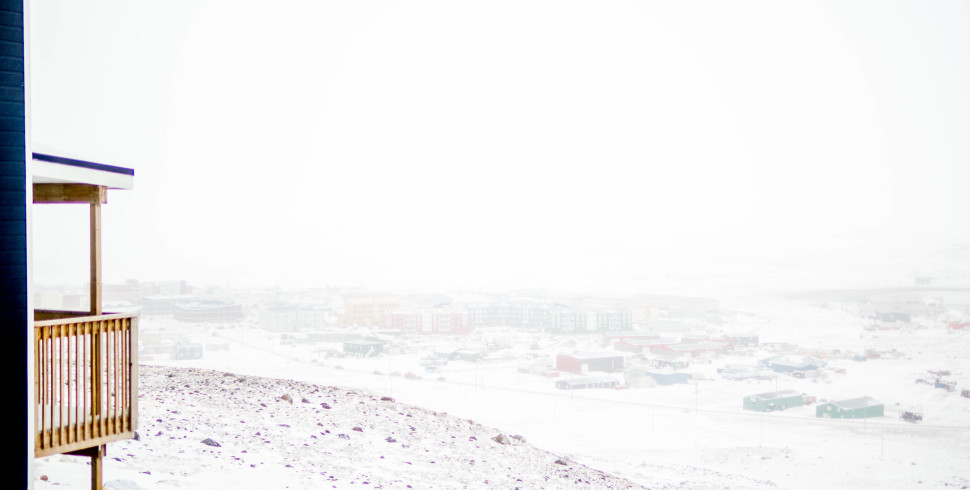
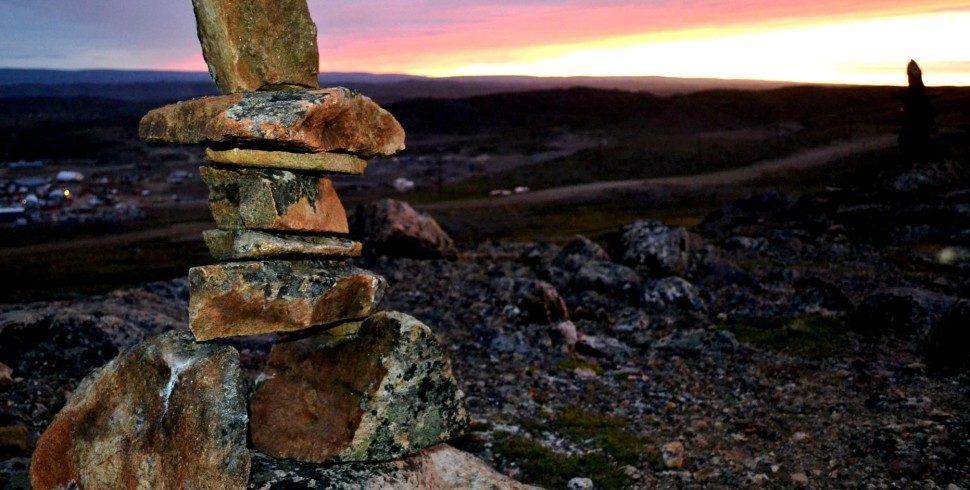

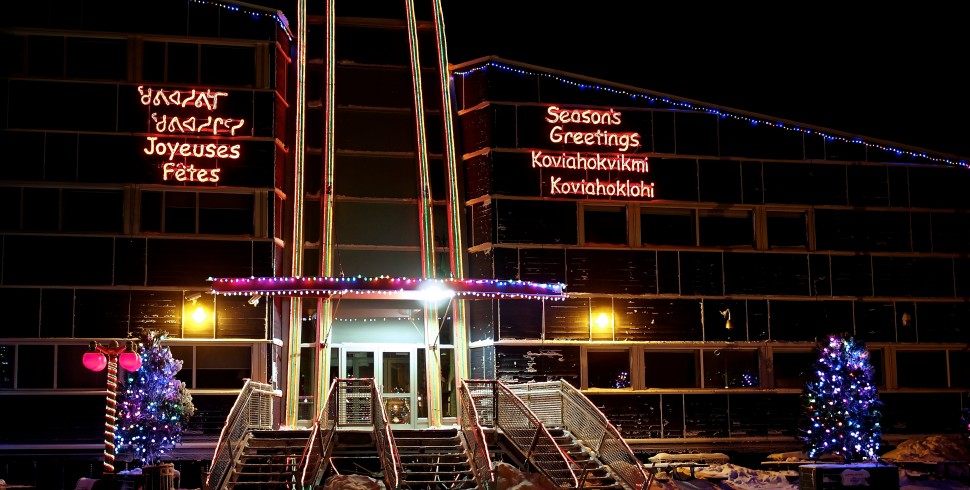
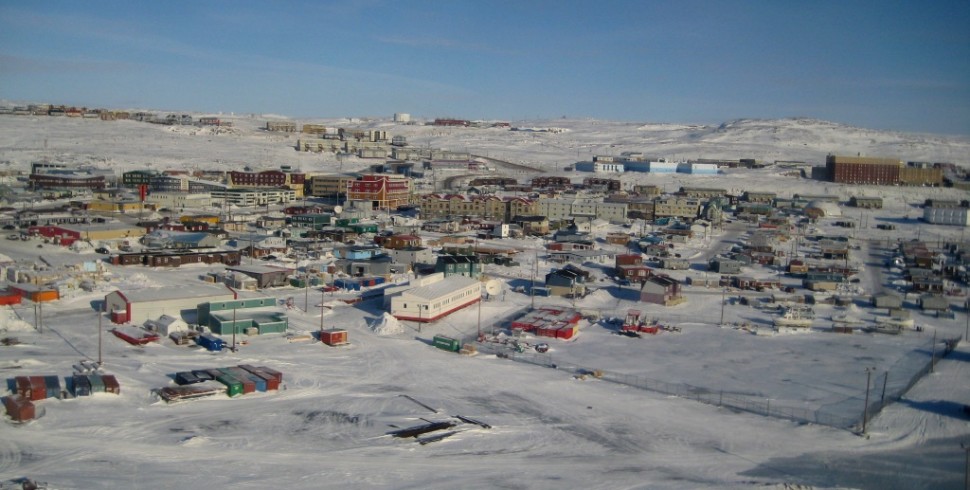
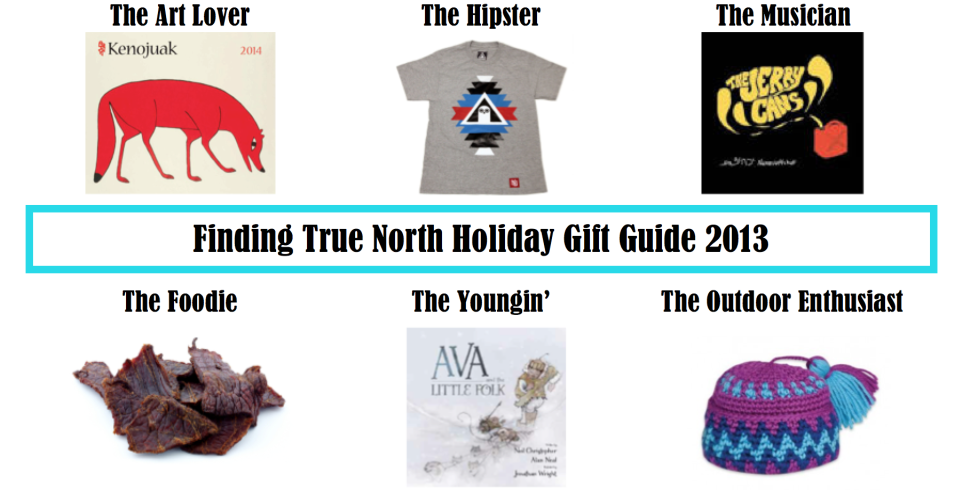
![[Guest Post] 10 Ways Iqaluit is Like a Campus](http://findingtruenorth.ca/wp-content/uploads/2013/12/picstitch-970x490.jpg)
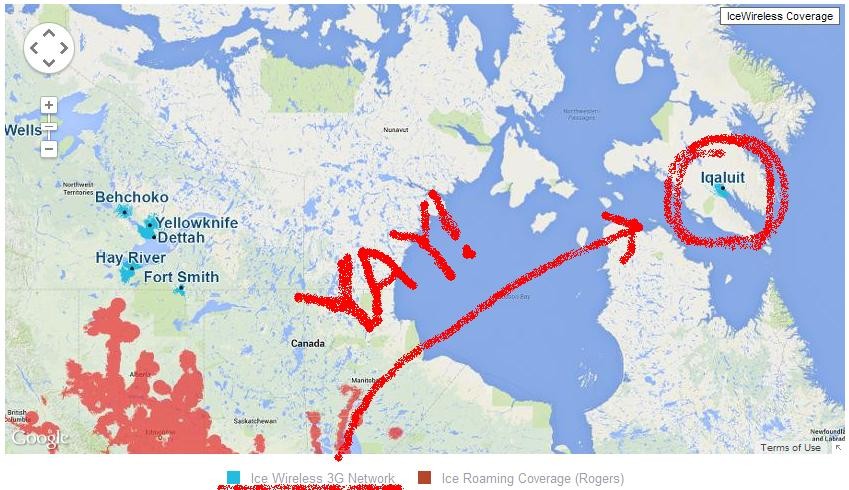
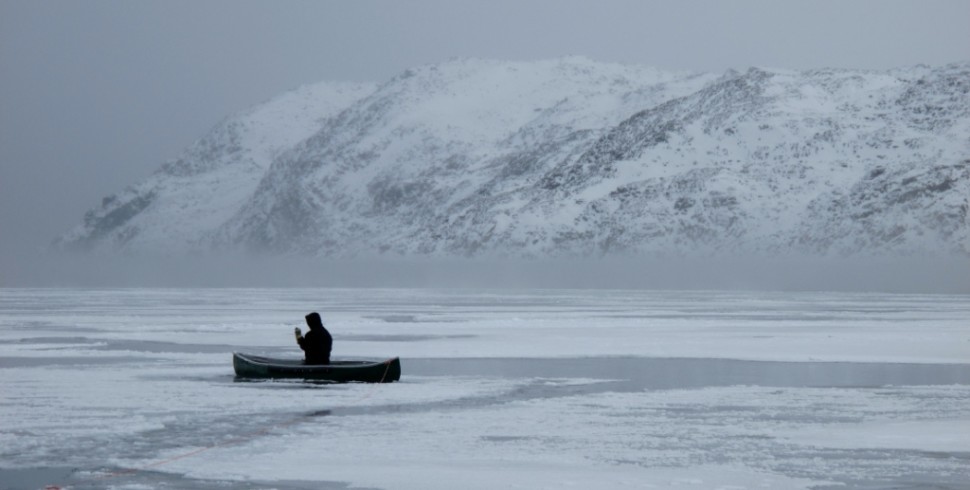
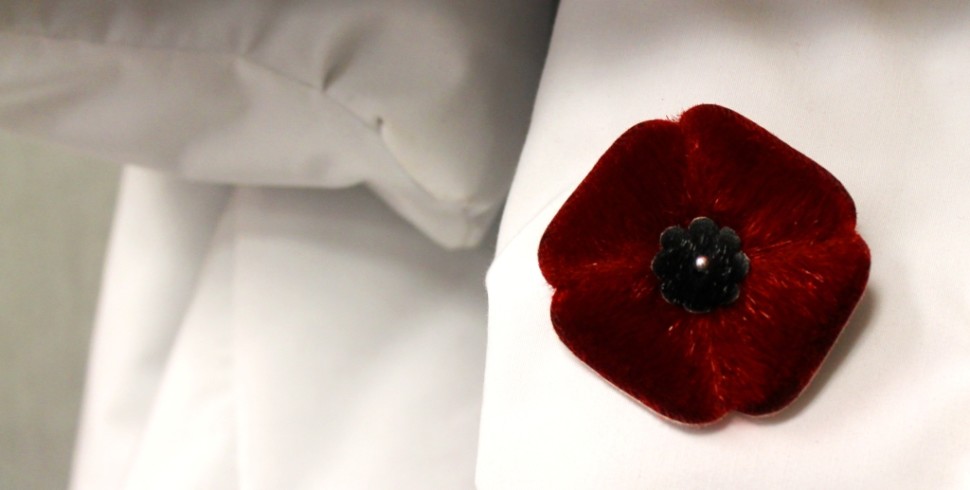

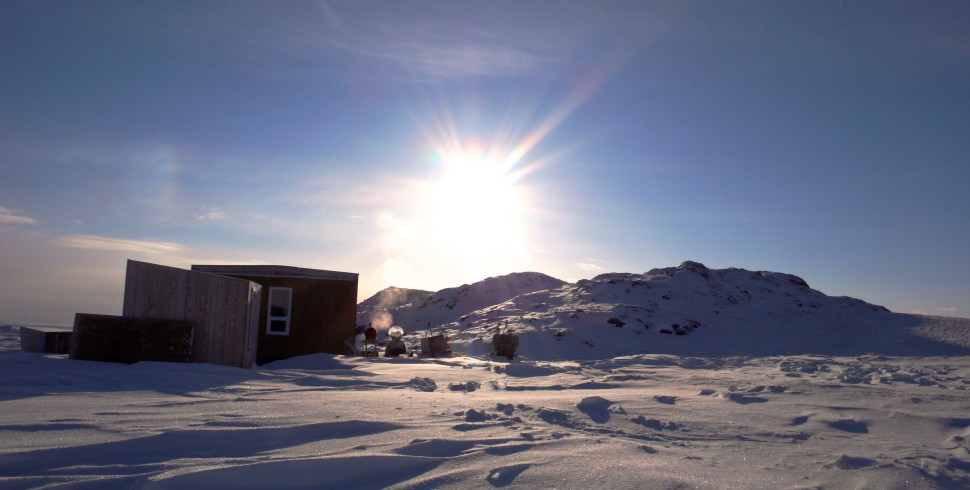
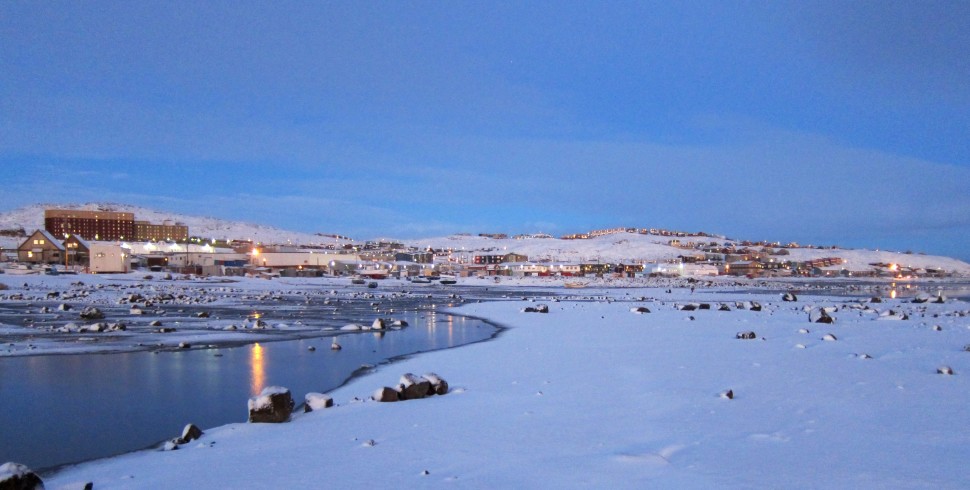
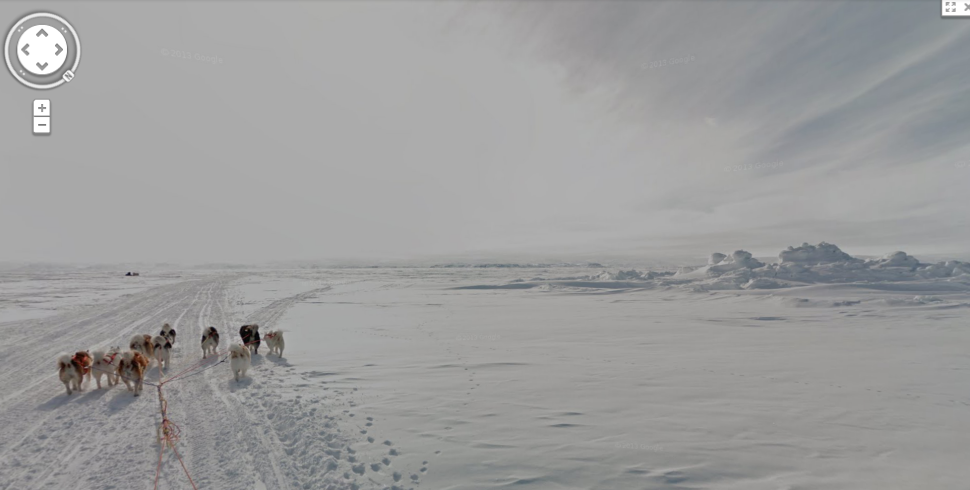
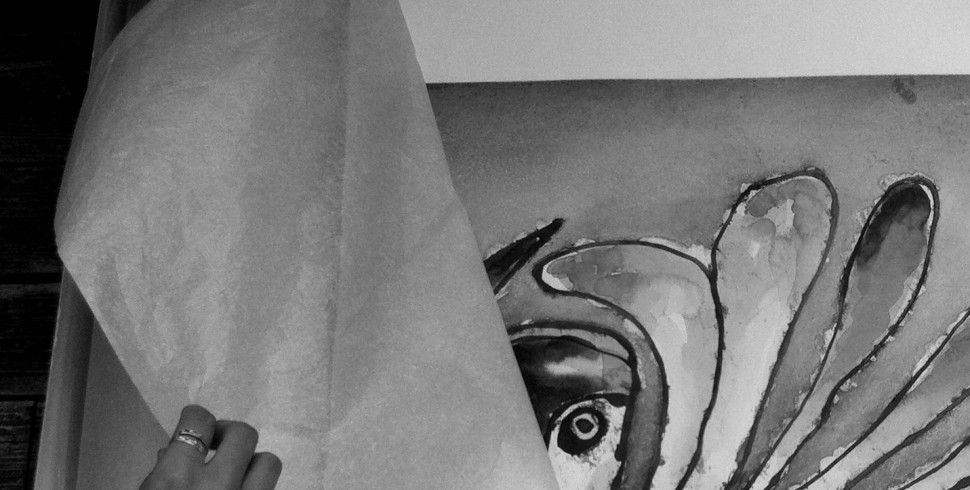
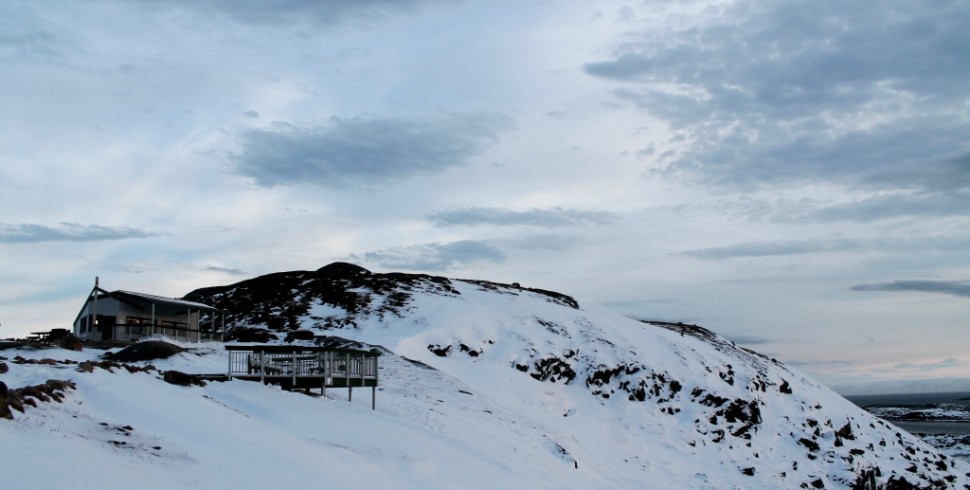
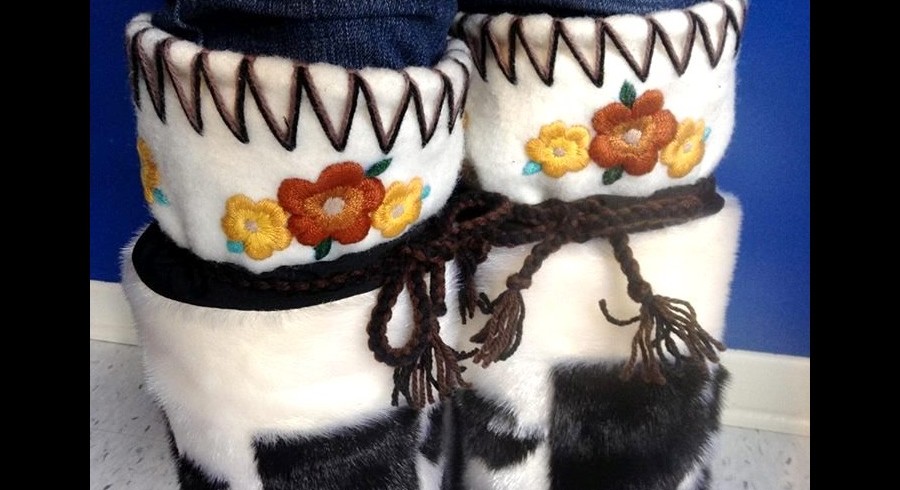
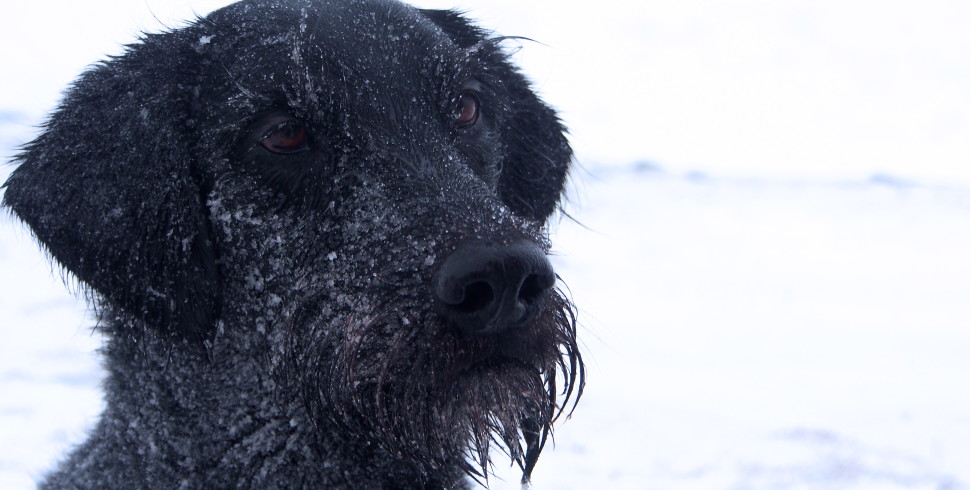
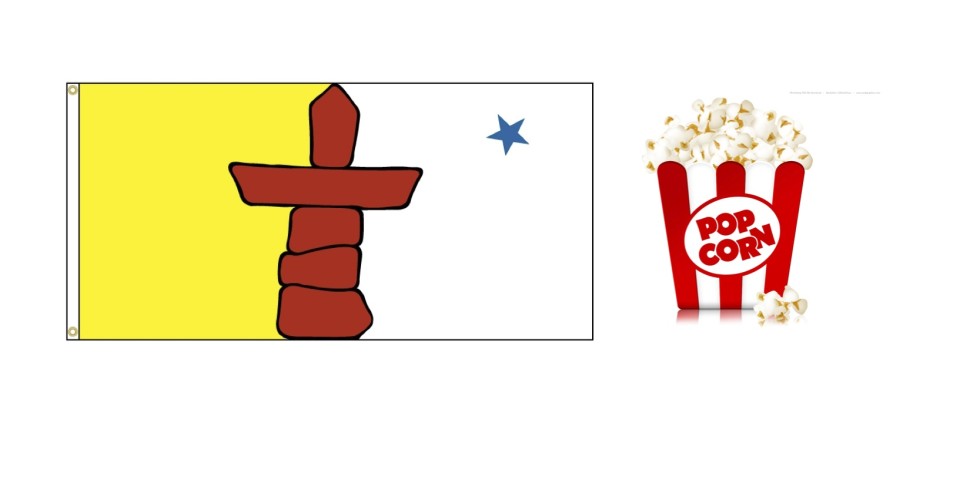
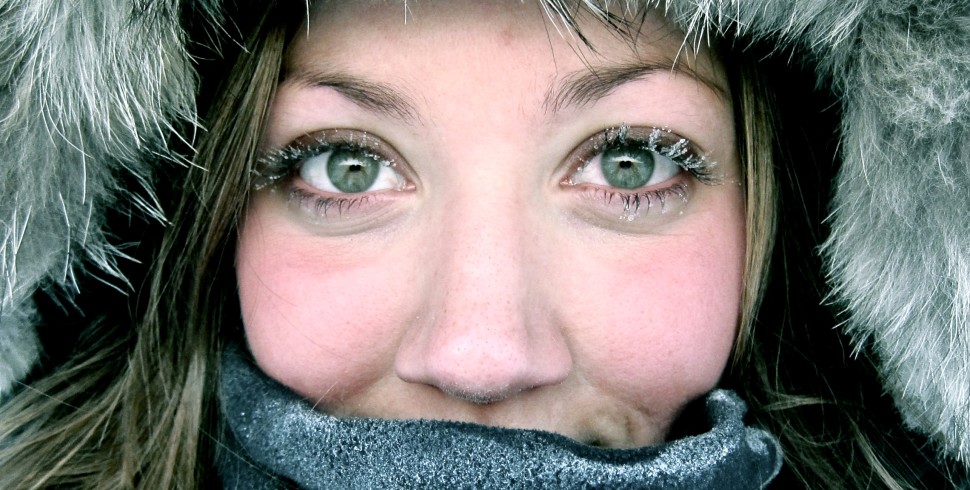


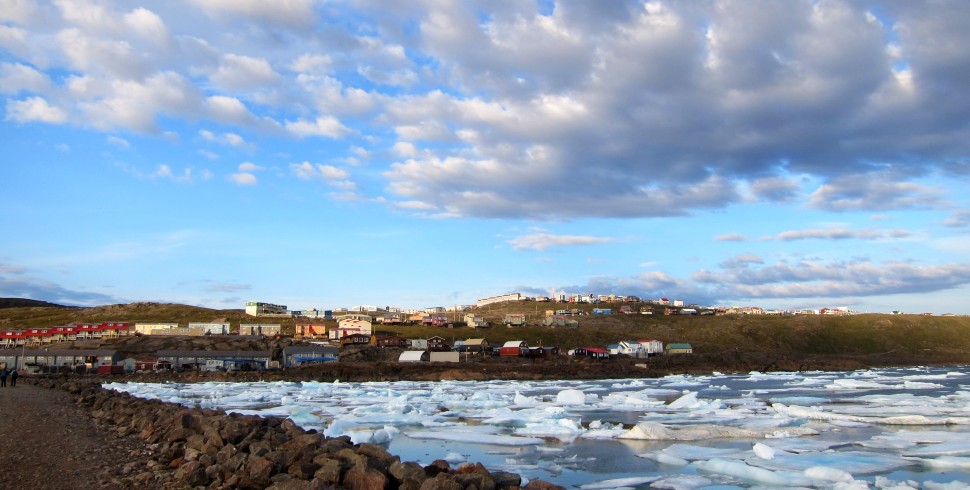
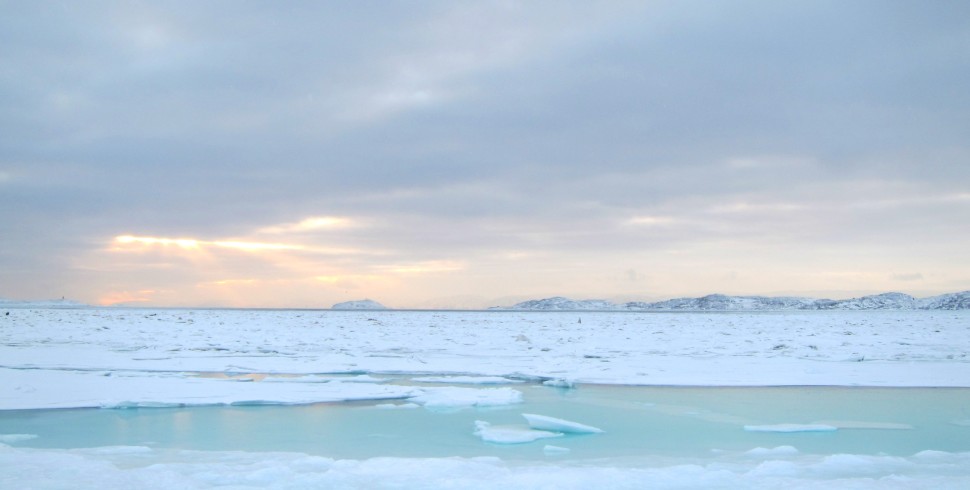
A really well composed post, Finding True North! Informative and objective. I think it’s a positive sign that Iqalummiut of diverse backgrounds are being consulted on such an important issue. If the pilot project is implemented, its detractors can take solace that it is just that, a pilot project.
Pingback: [GUEST POST] How to Buy Alcohol in Iqaluit
Pingback: What to Pack When Moving to Iqaluit - Finding True North